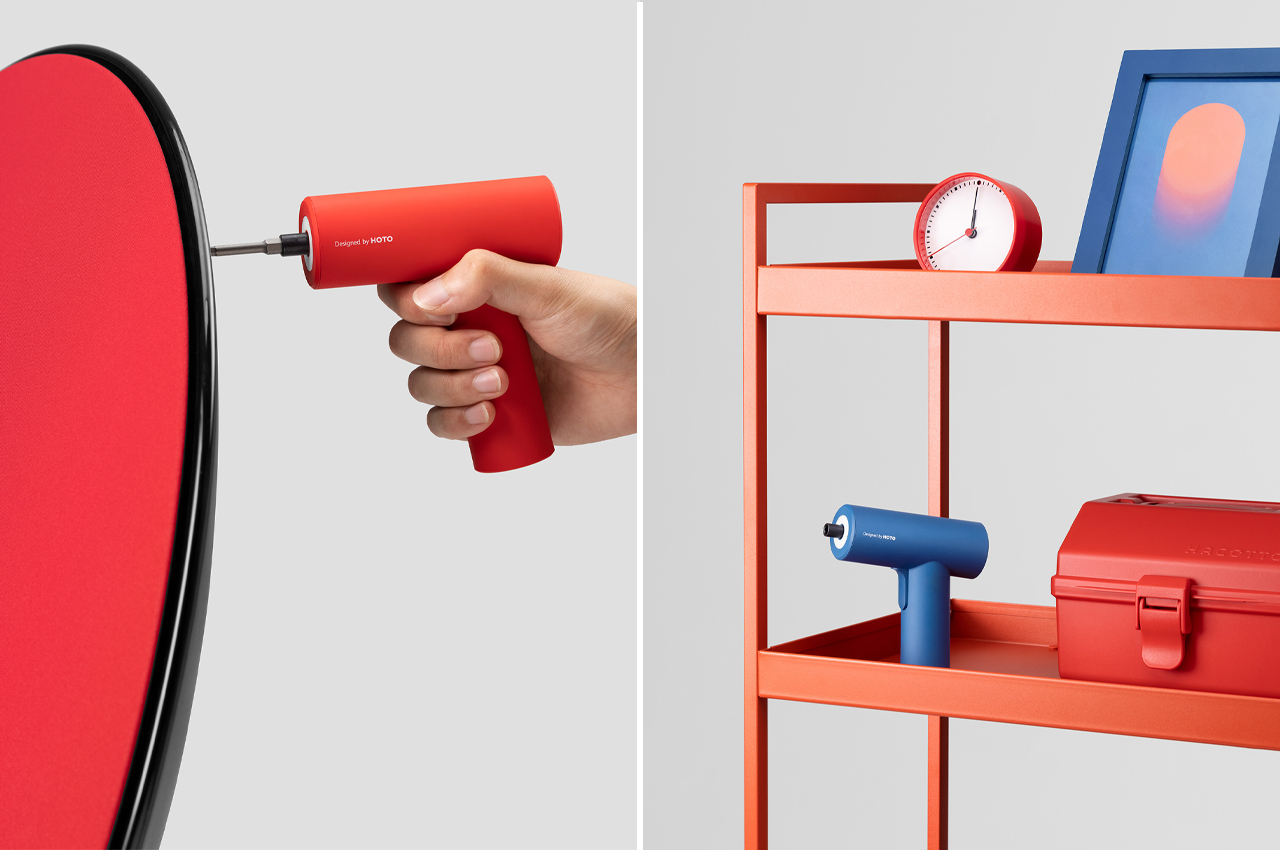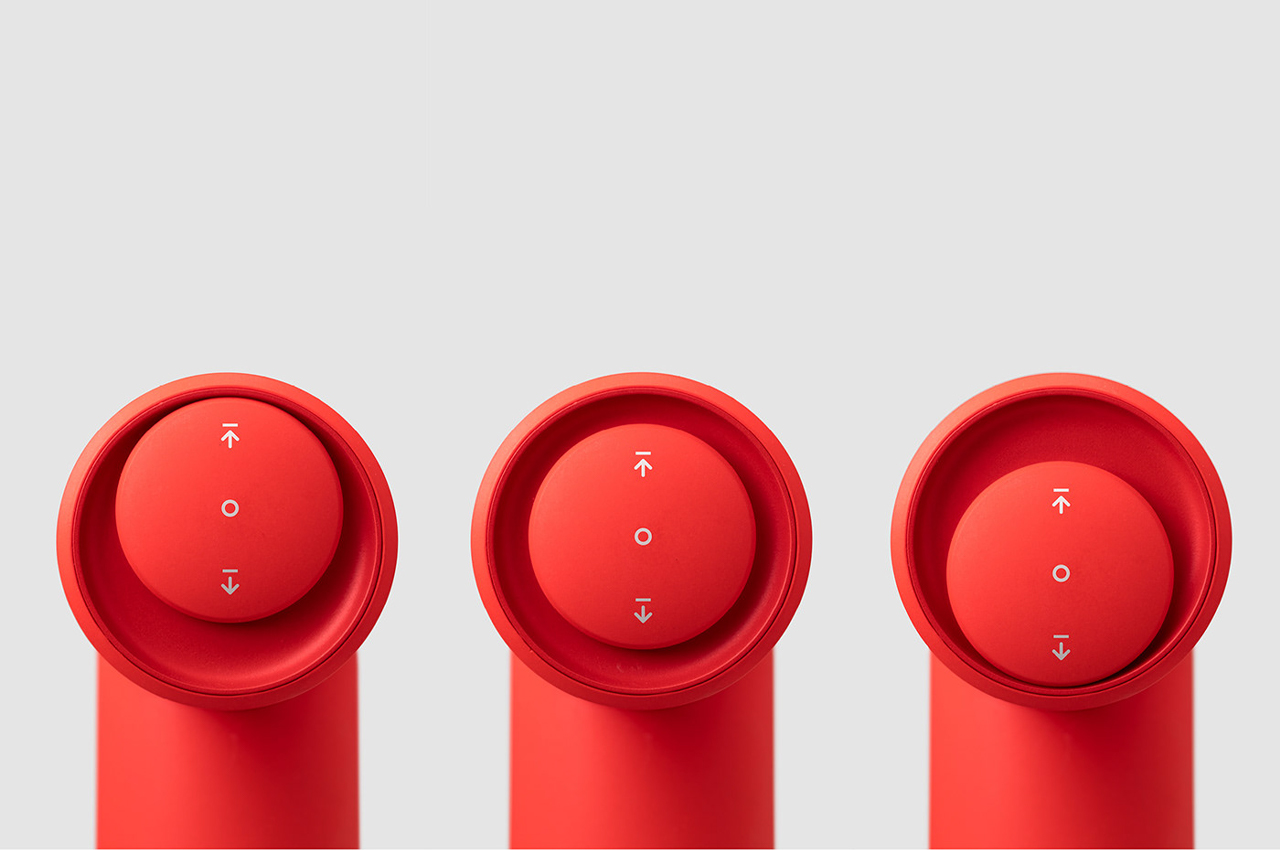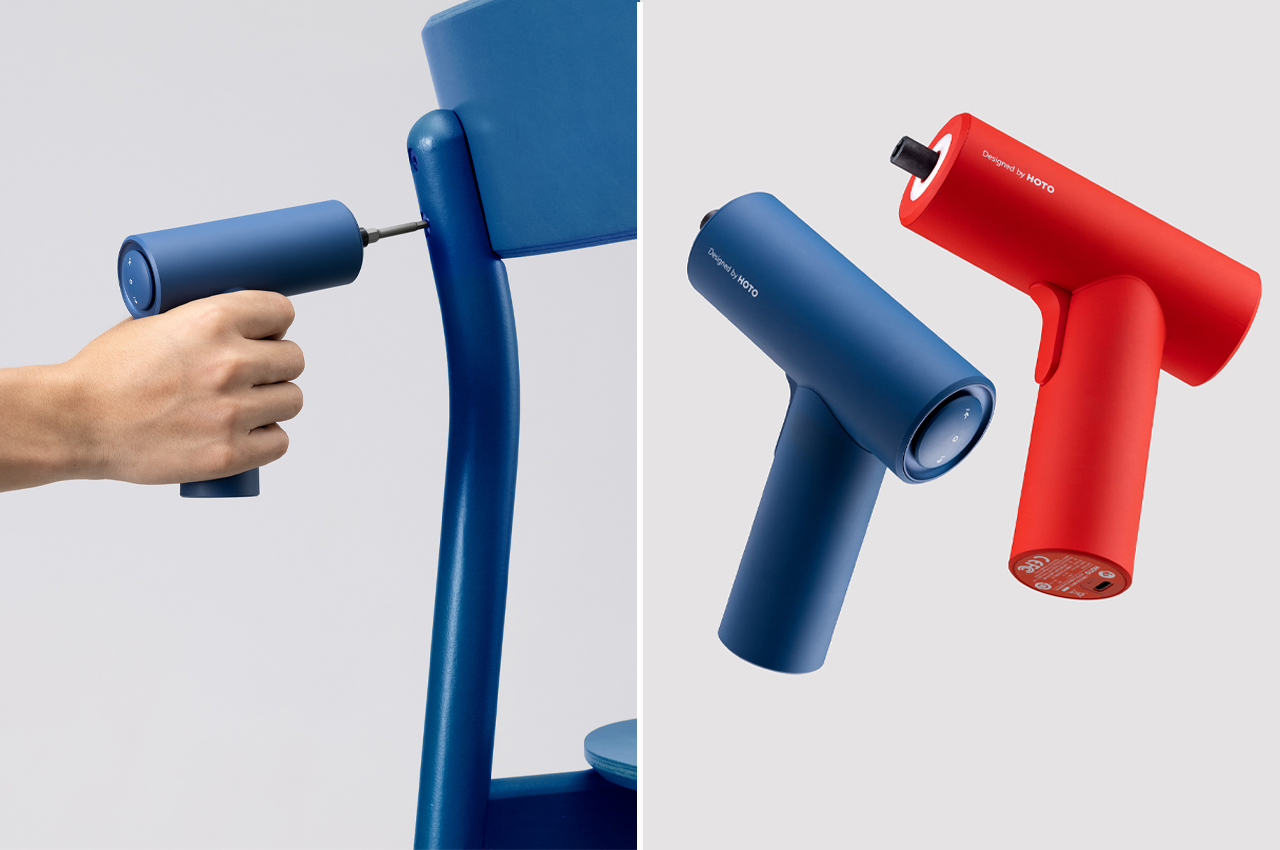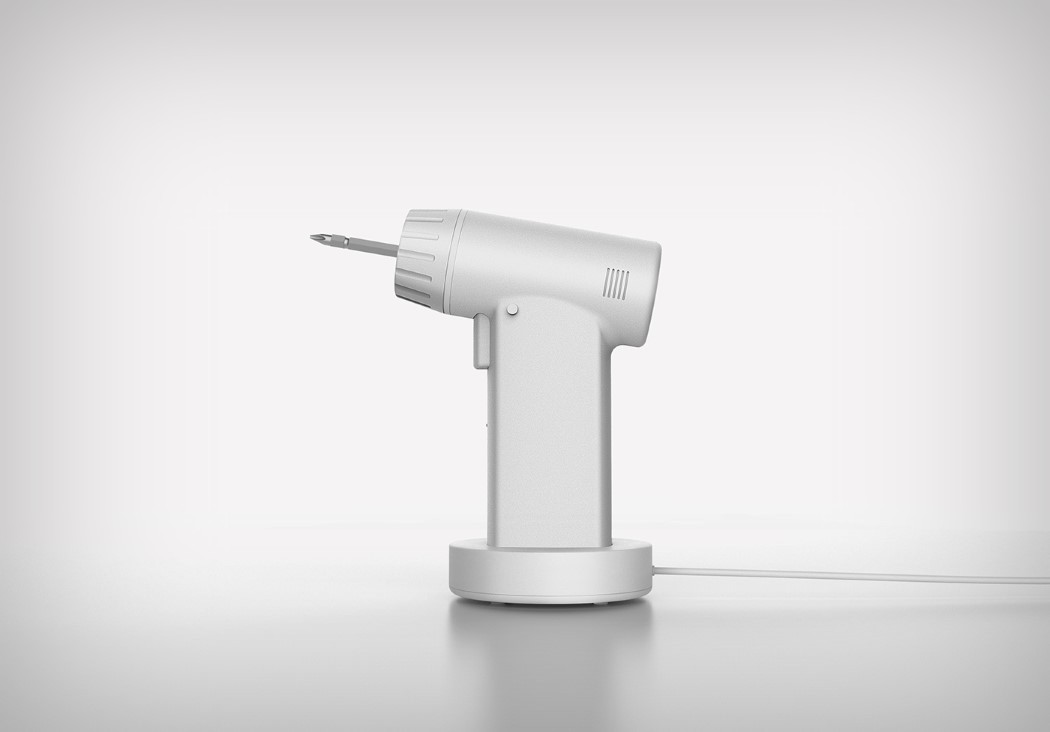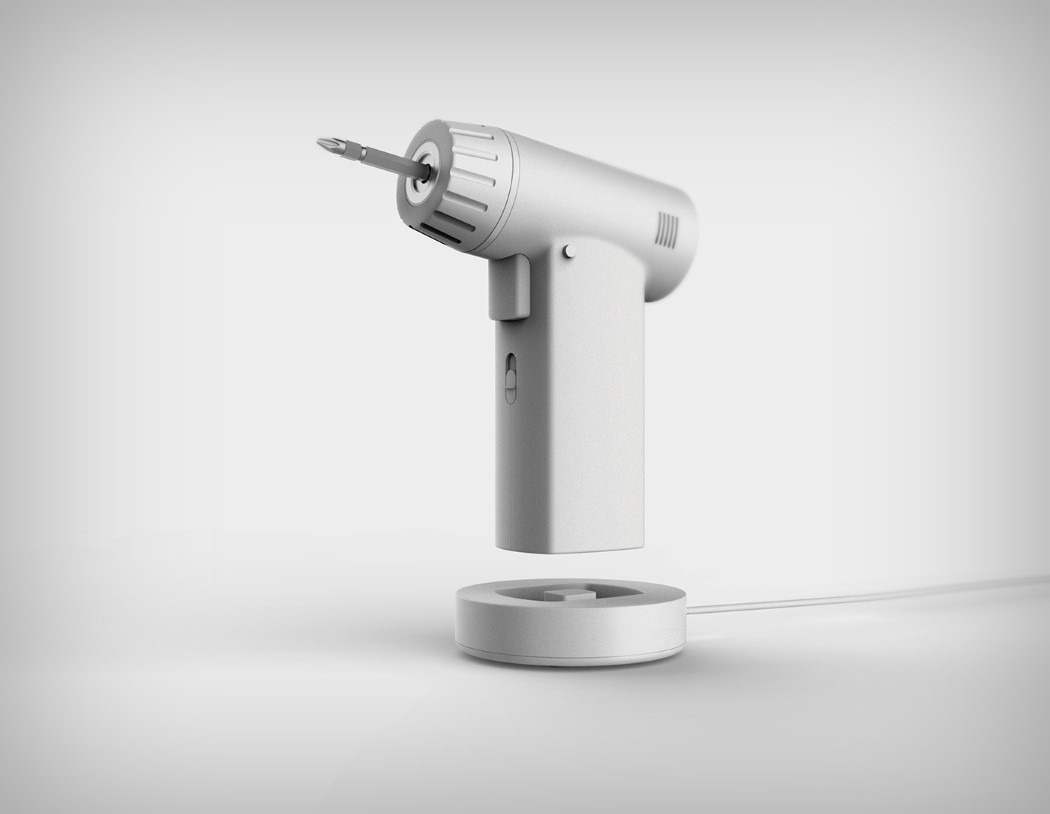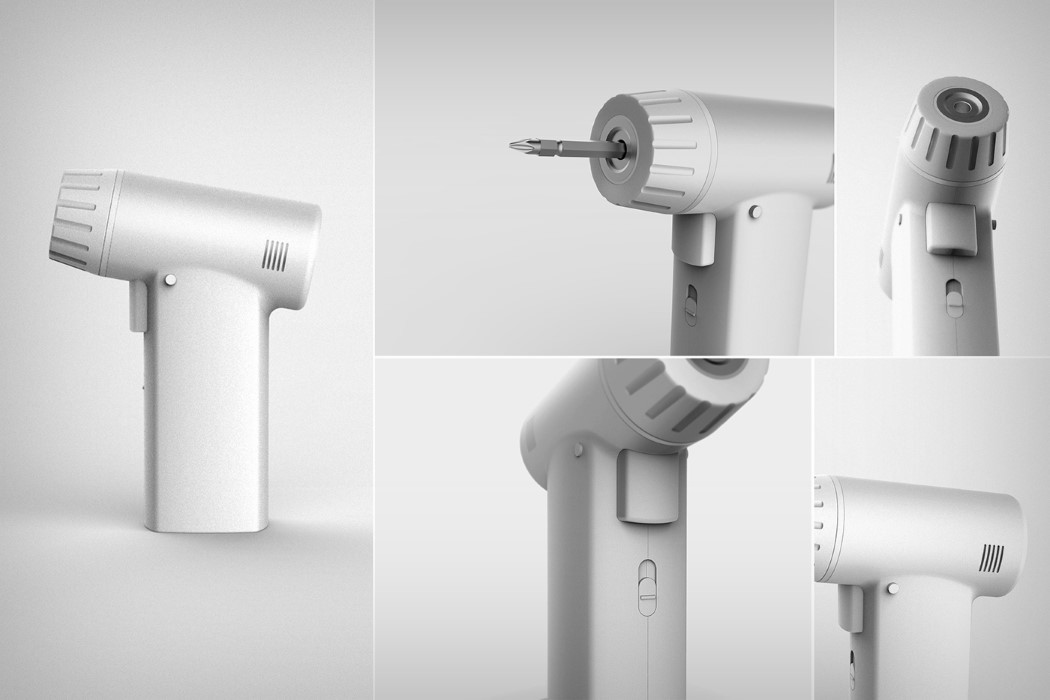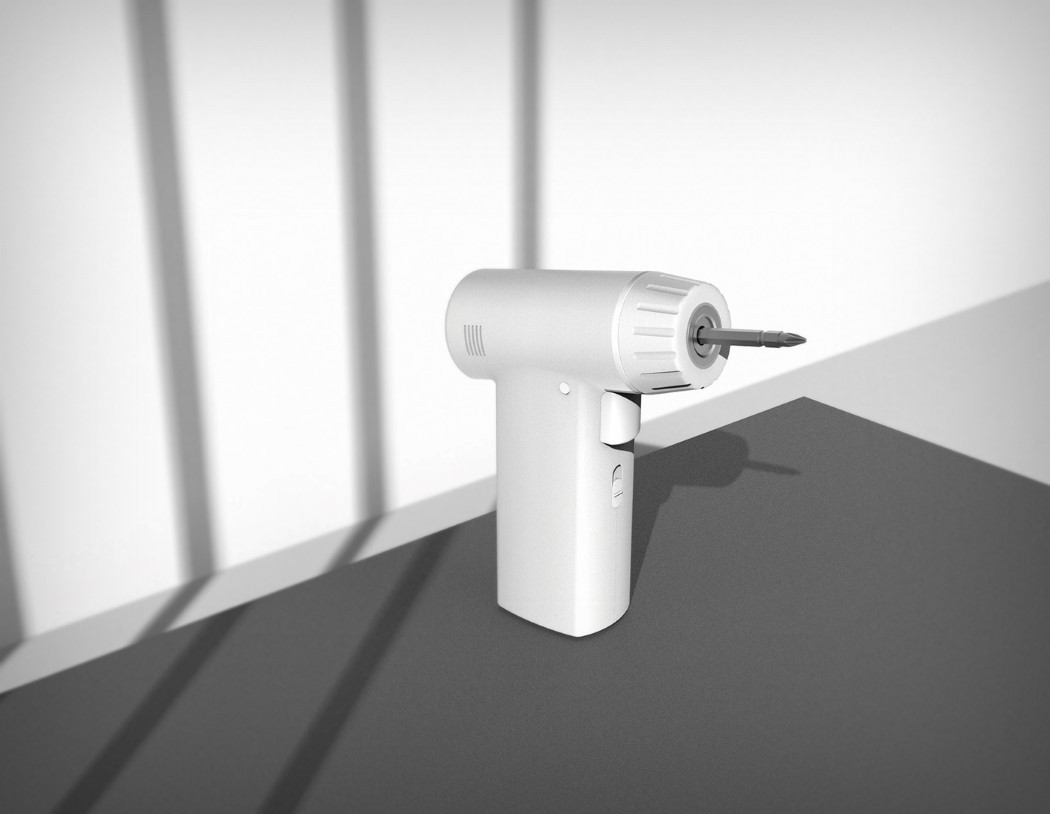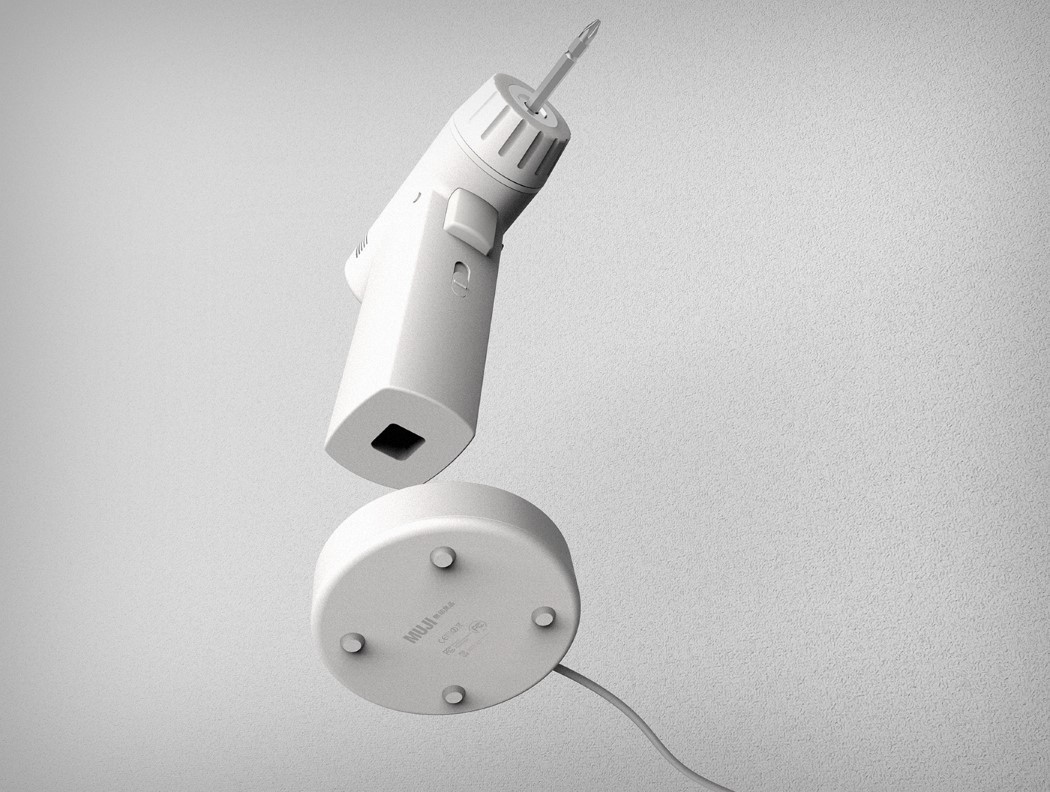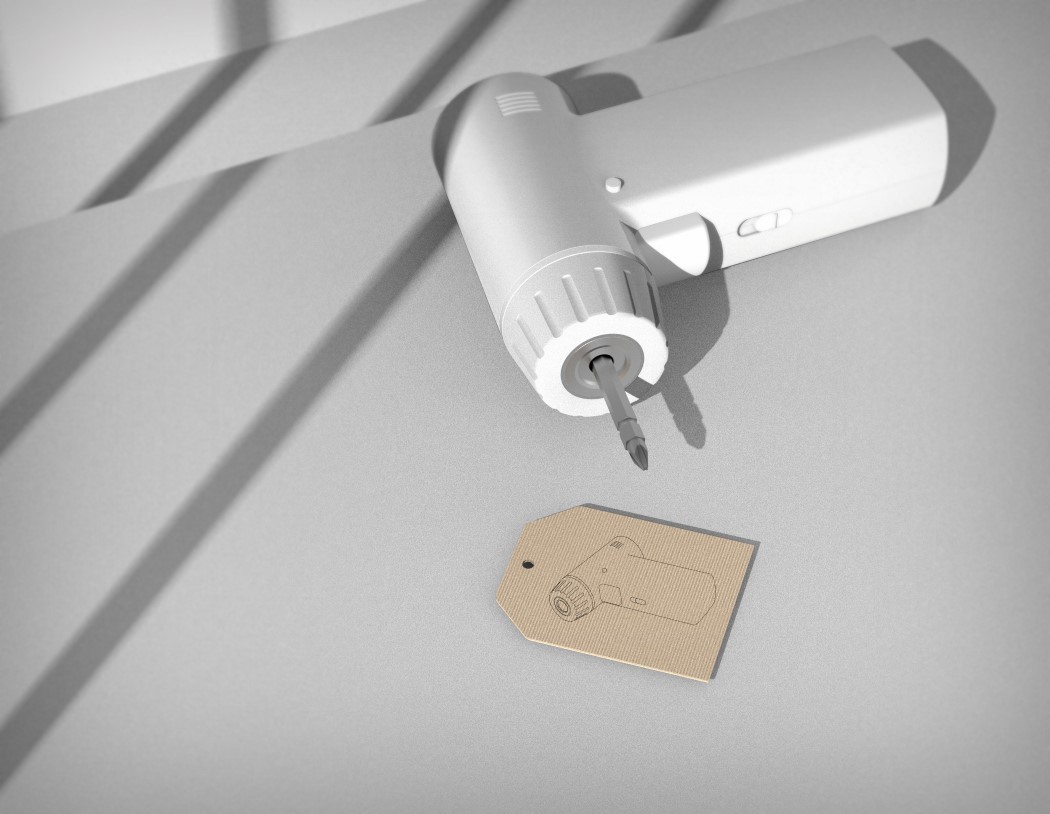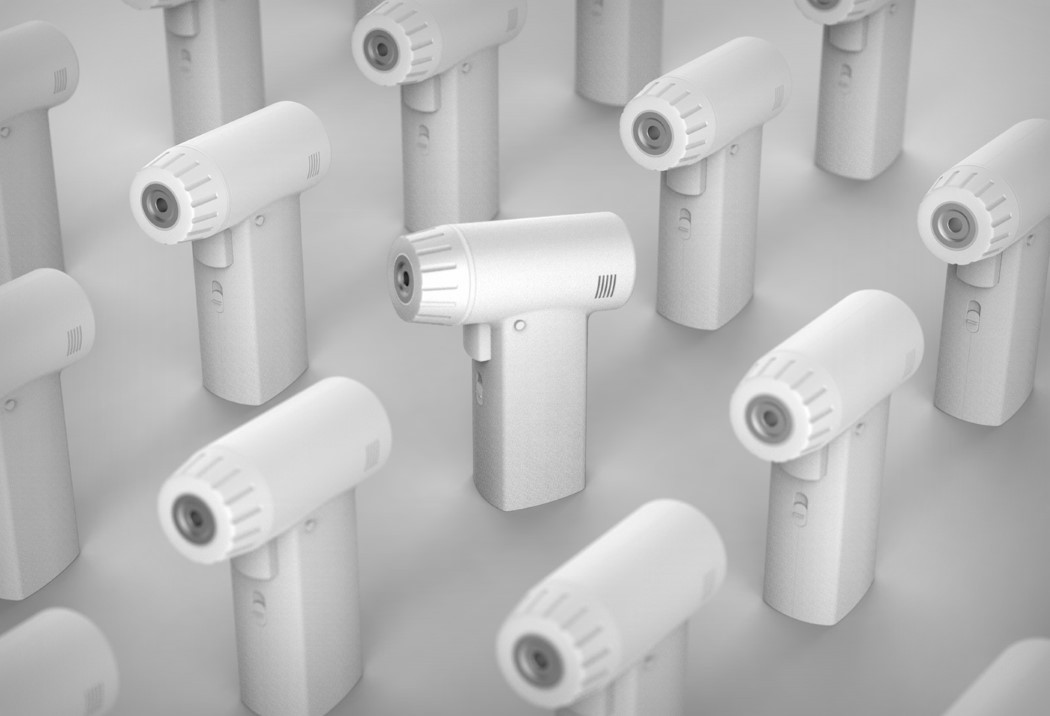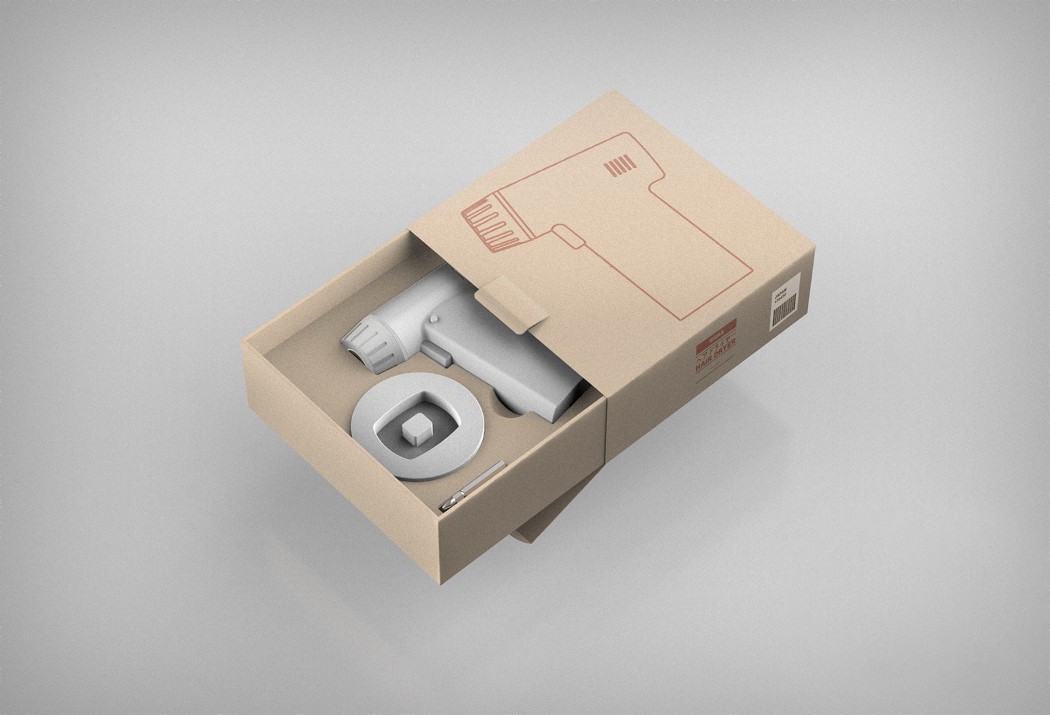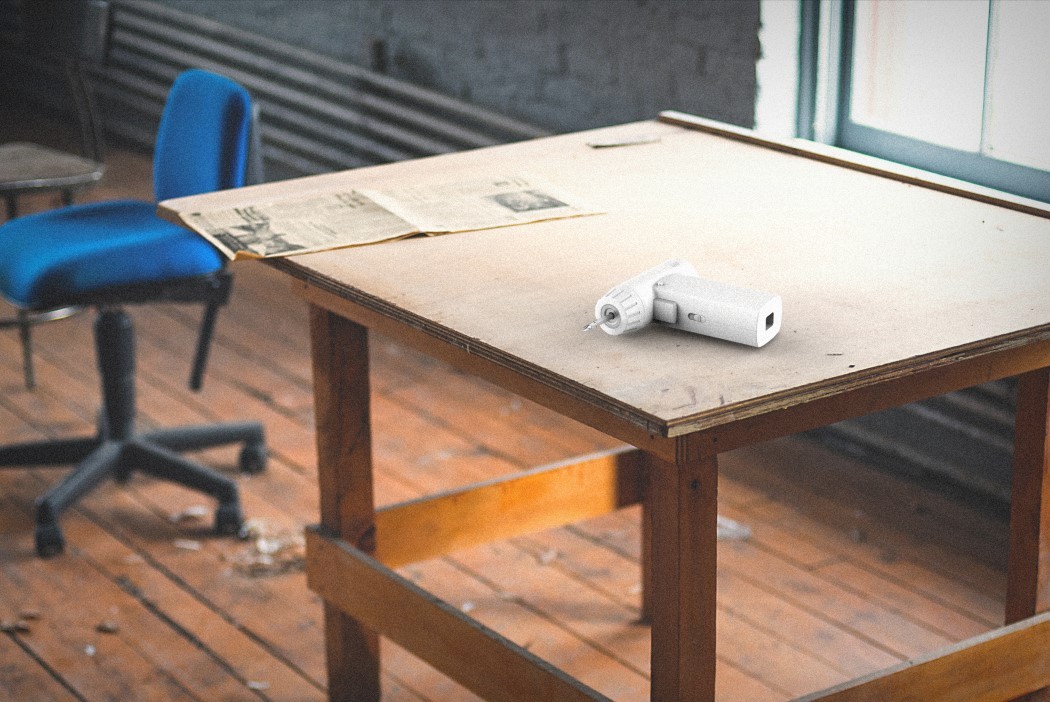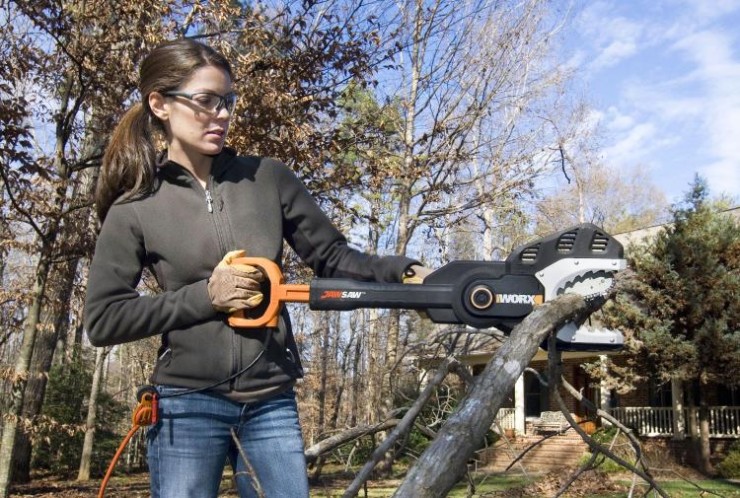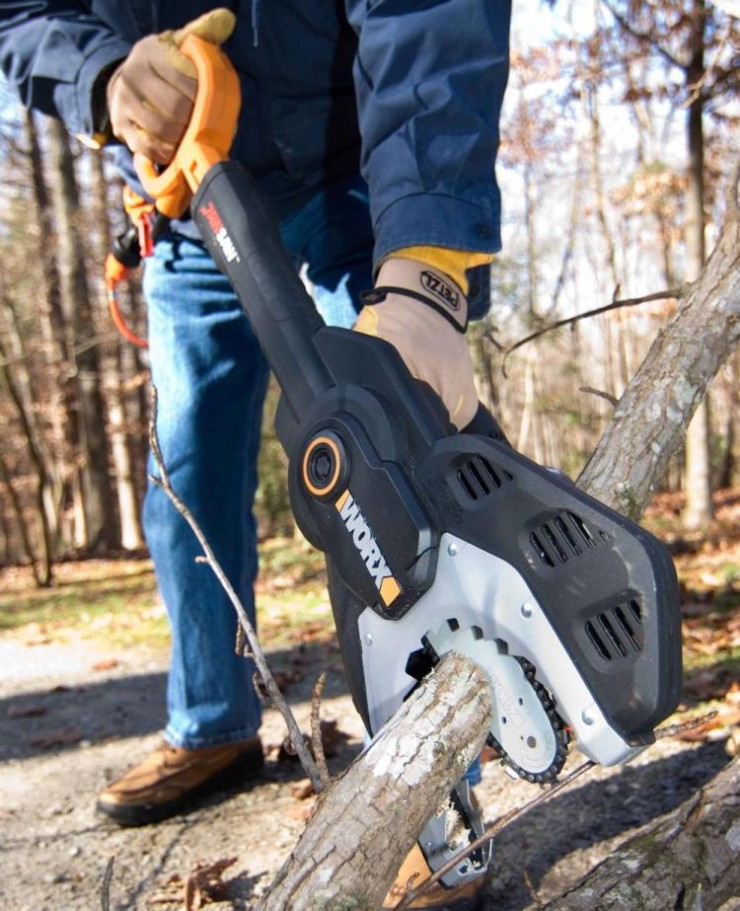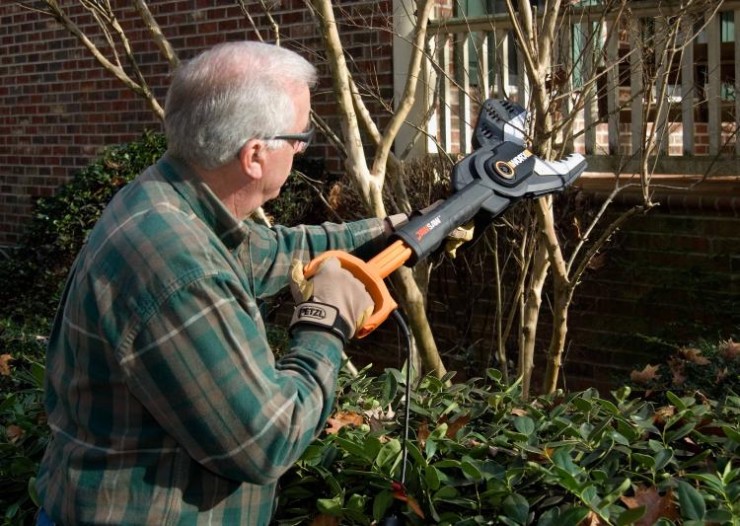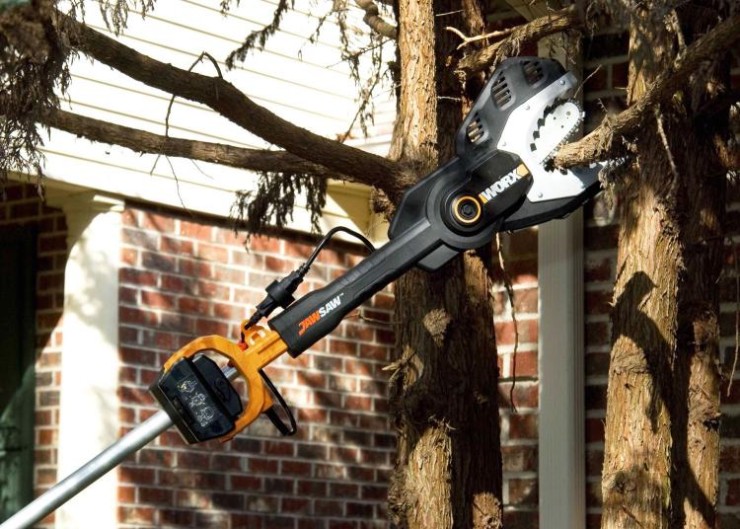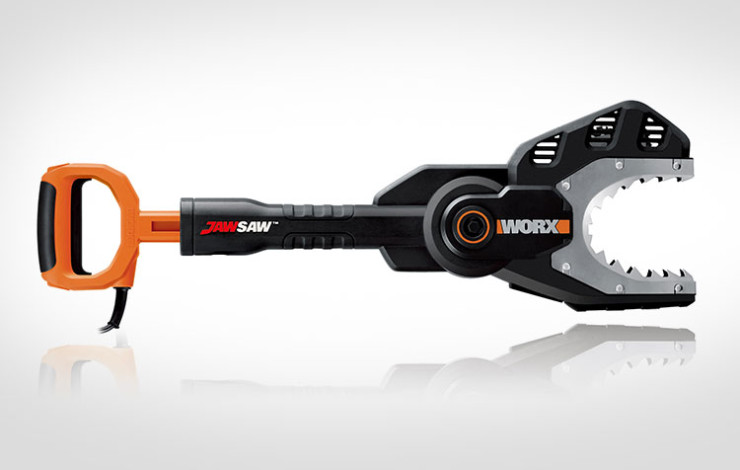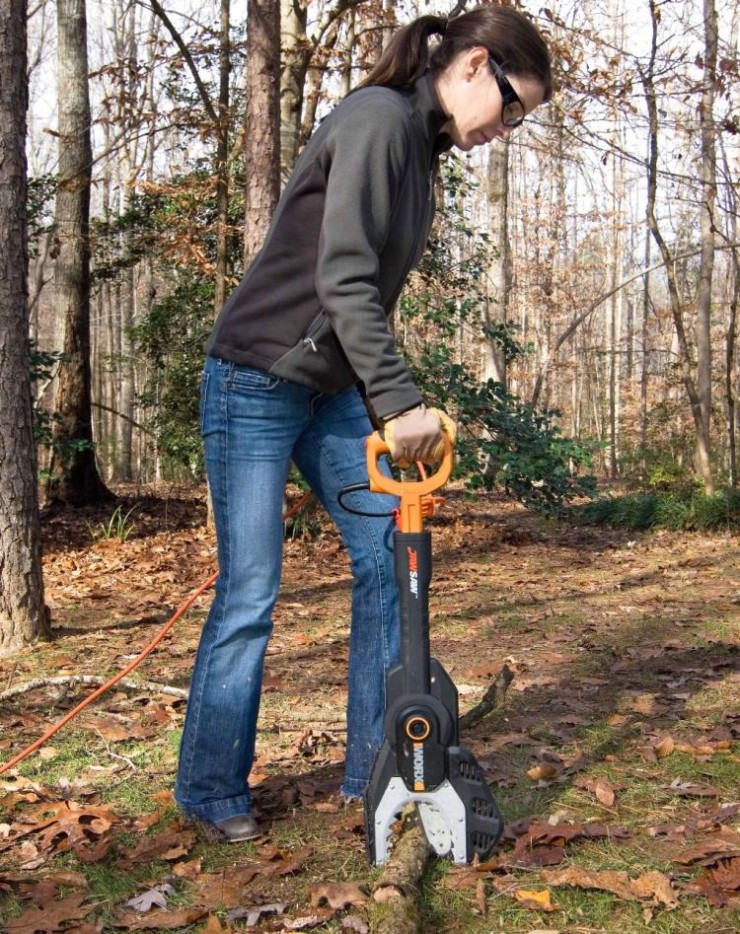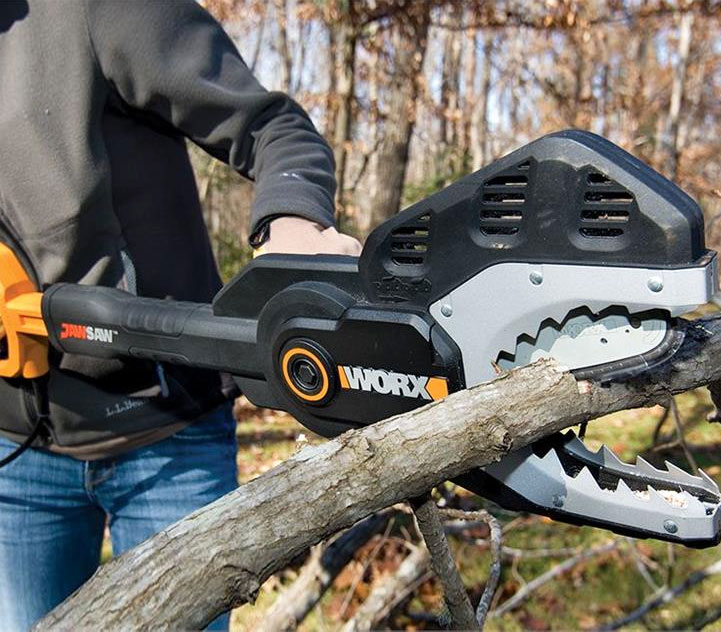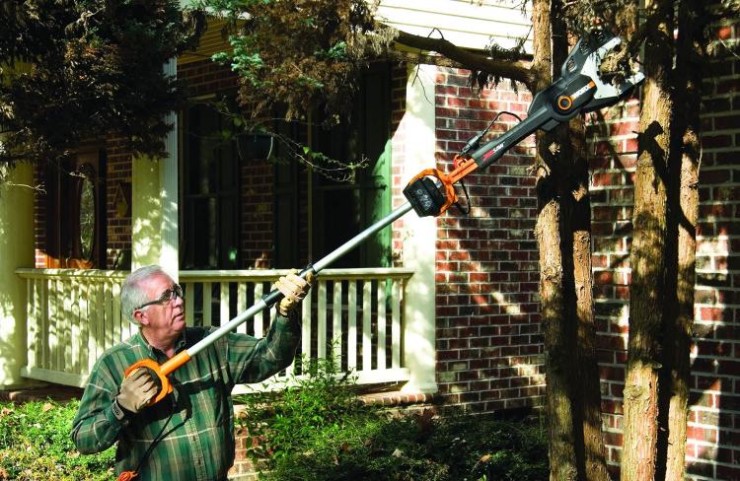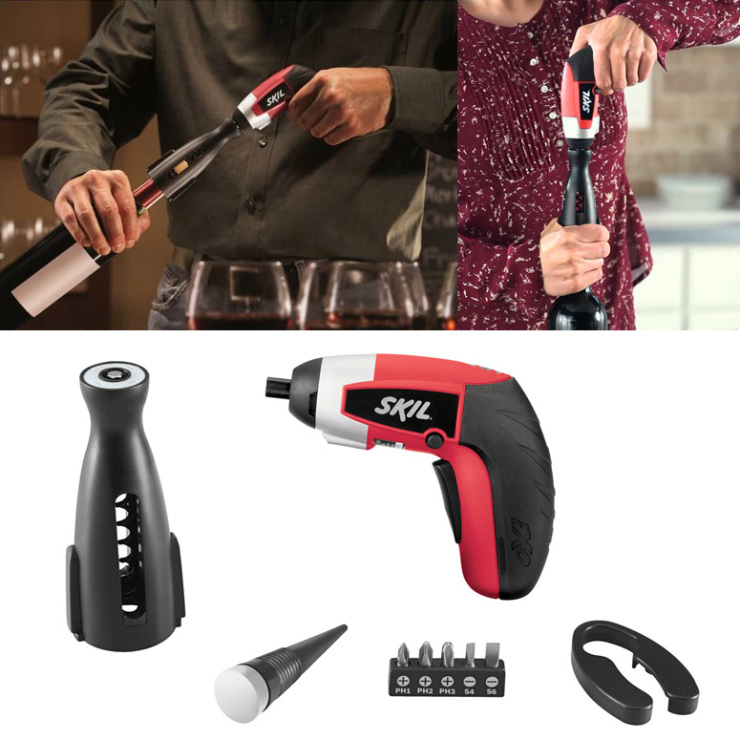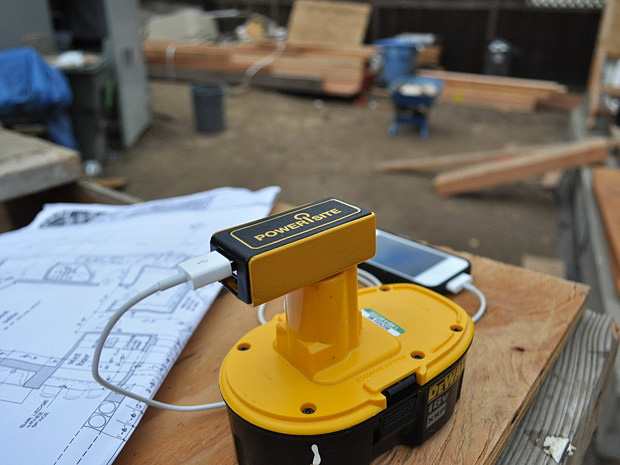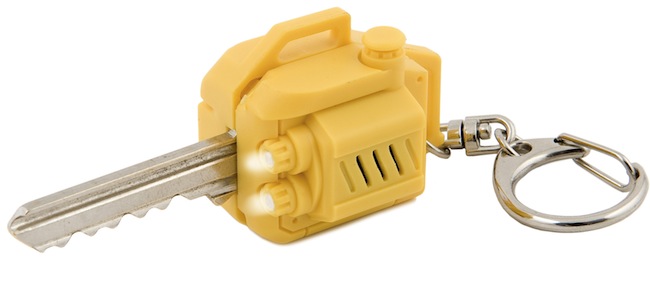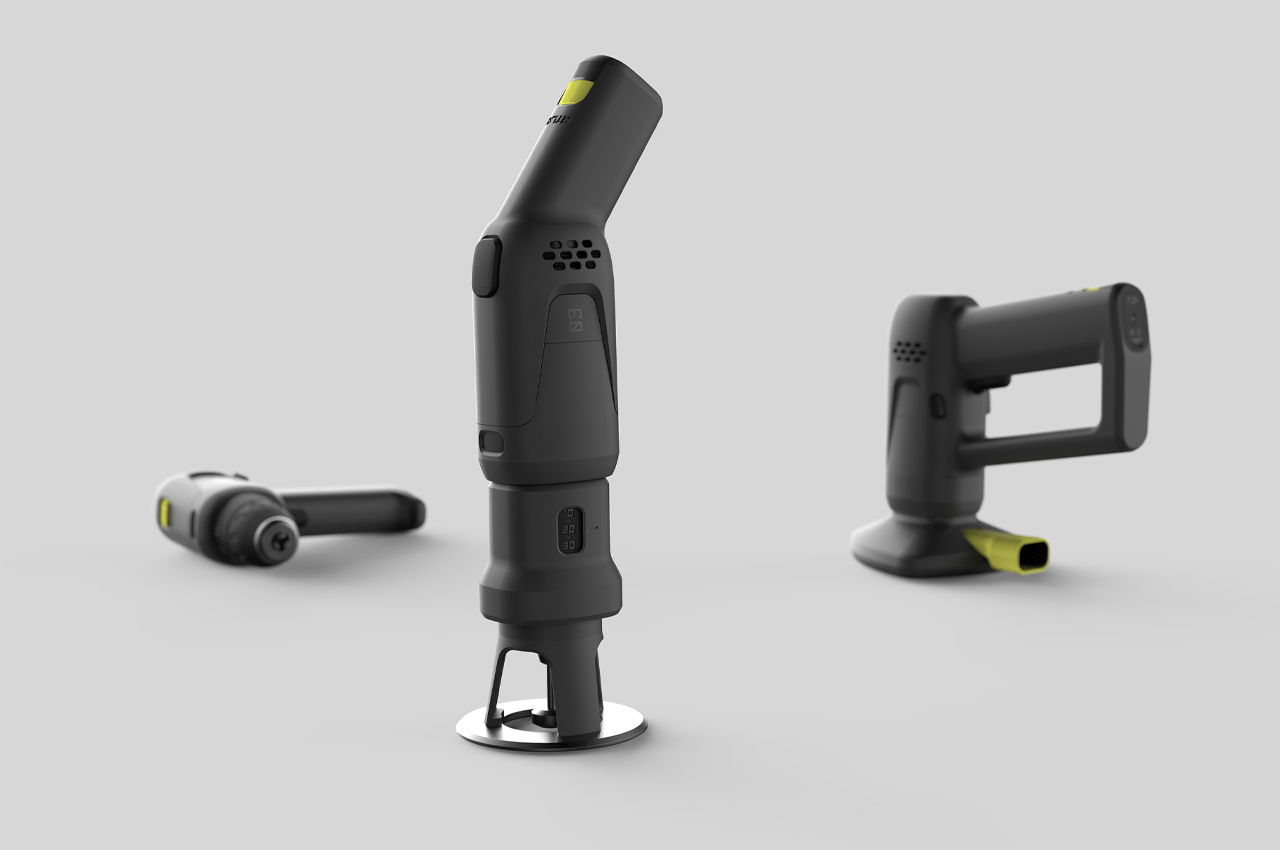
Atlas is a user-centered power tool system meant to adapt to changing needs through a modular design.
As technology advances, the expectations of consumers become more demanding. Technology has made instant gratification the standard, turning many of us onto modular designs that are meant to adapt to our changing needs.
Designer: Peter Wilden
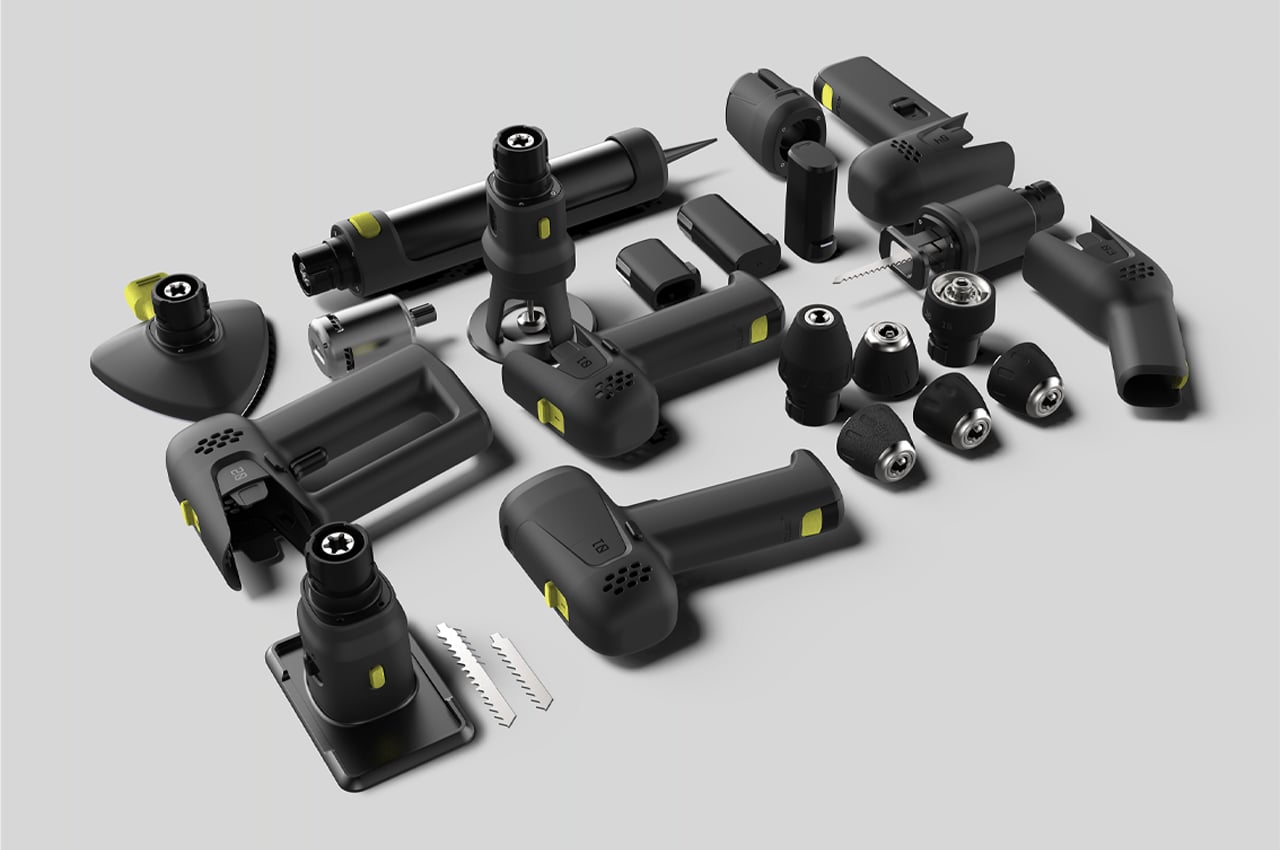
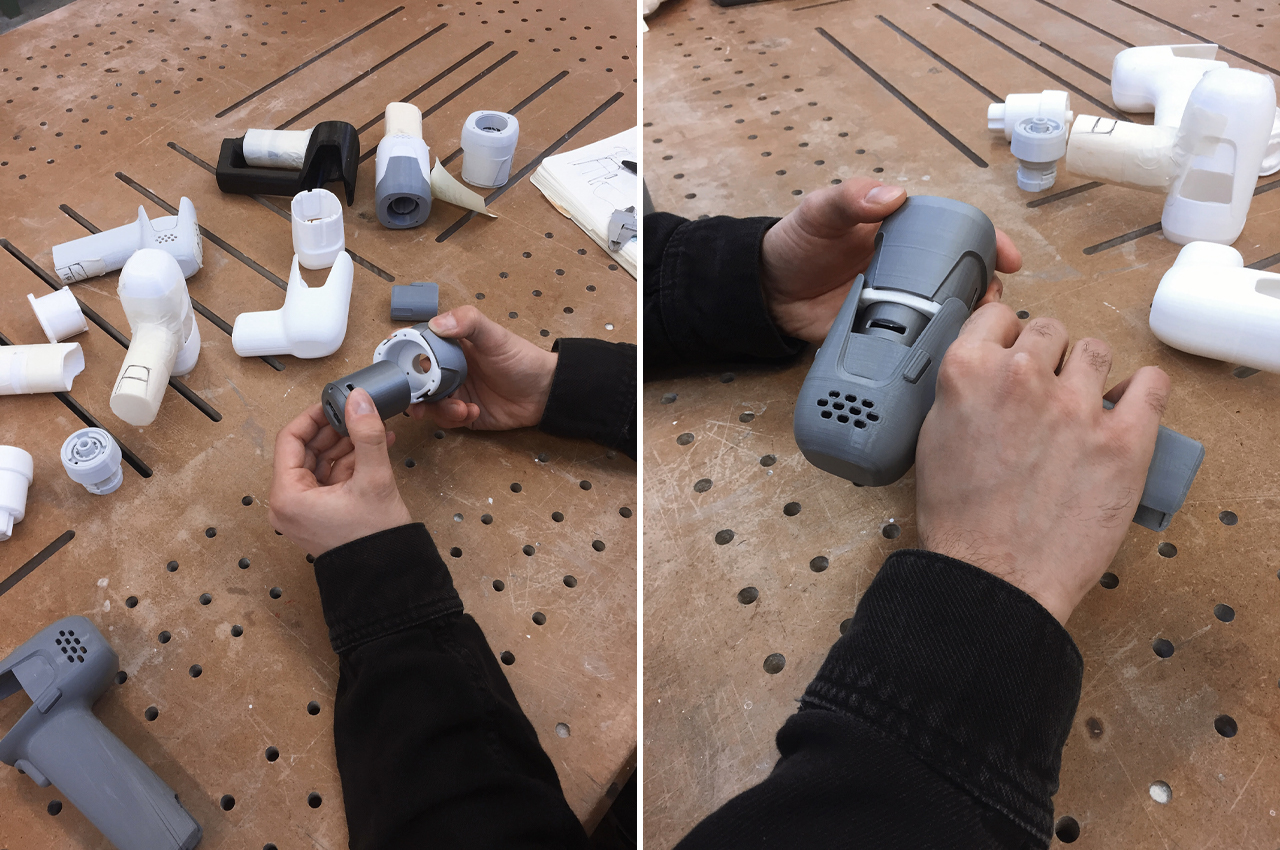
Within the scope of smart technology, the transition between demand and gratification really can be instant. It gets a bit blurry when it comes to manual devices like power tools. Designed by Peter Wilden, Atlas is a modular, user-centered power tool system designed to adapt to users’ changing needs.
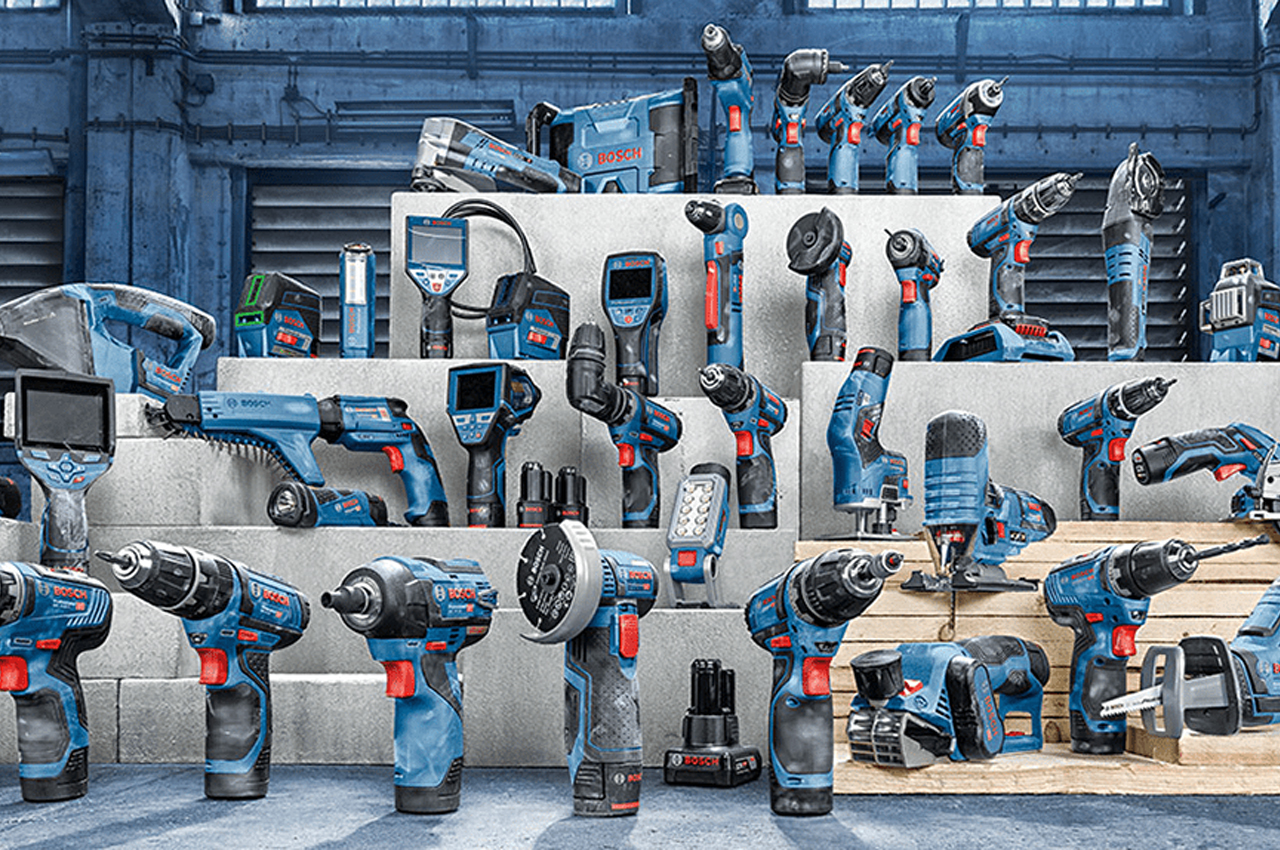
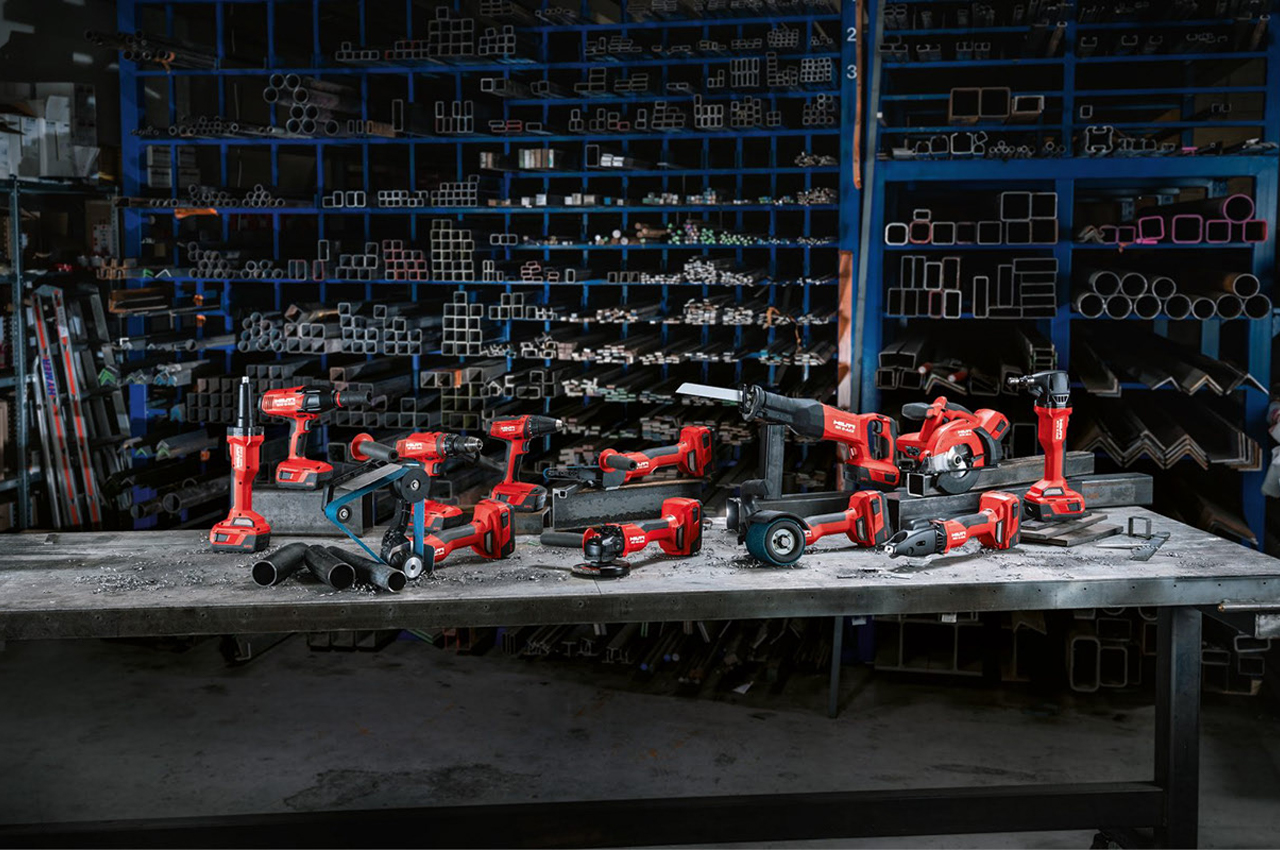
The concept behind many modular designs is to make the experience of operating devices more individualized for each user. Through modular designs, users can change the purpose of the device to accommodate their needs.
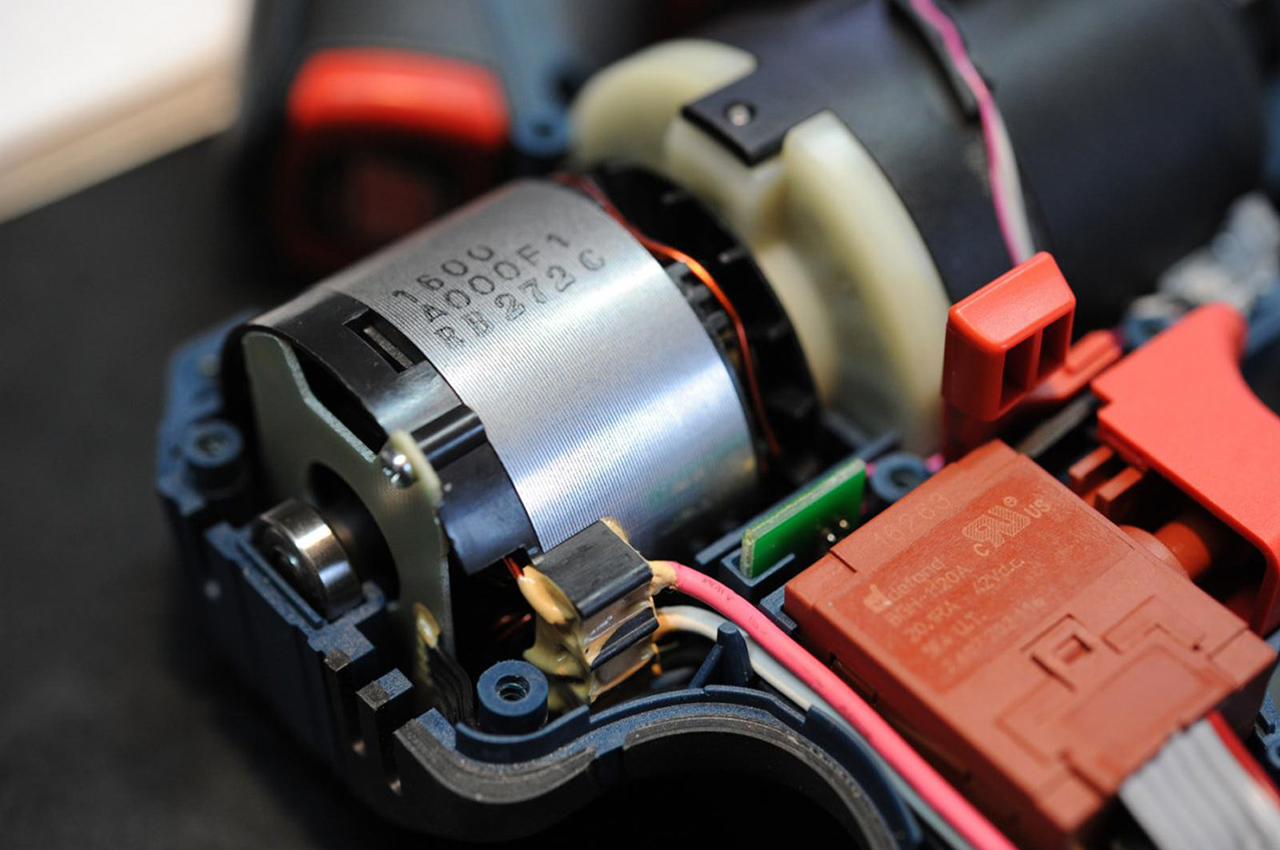
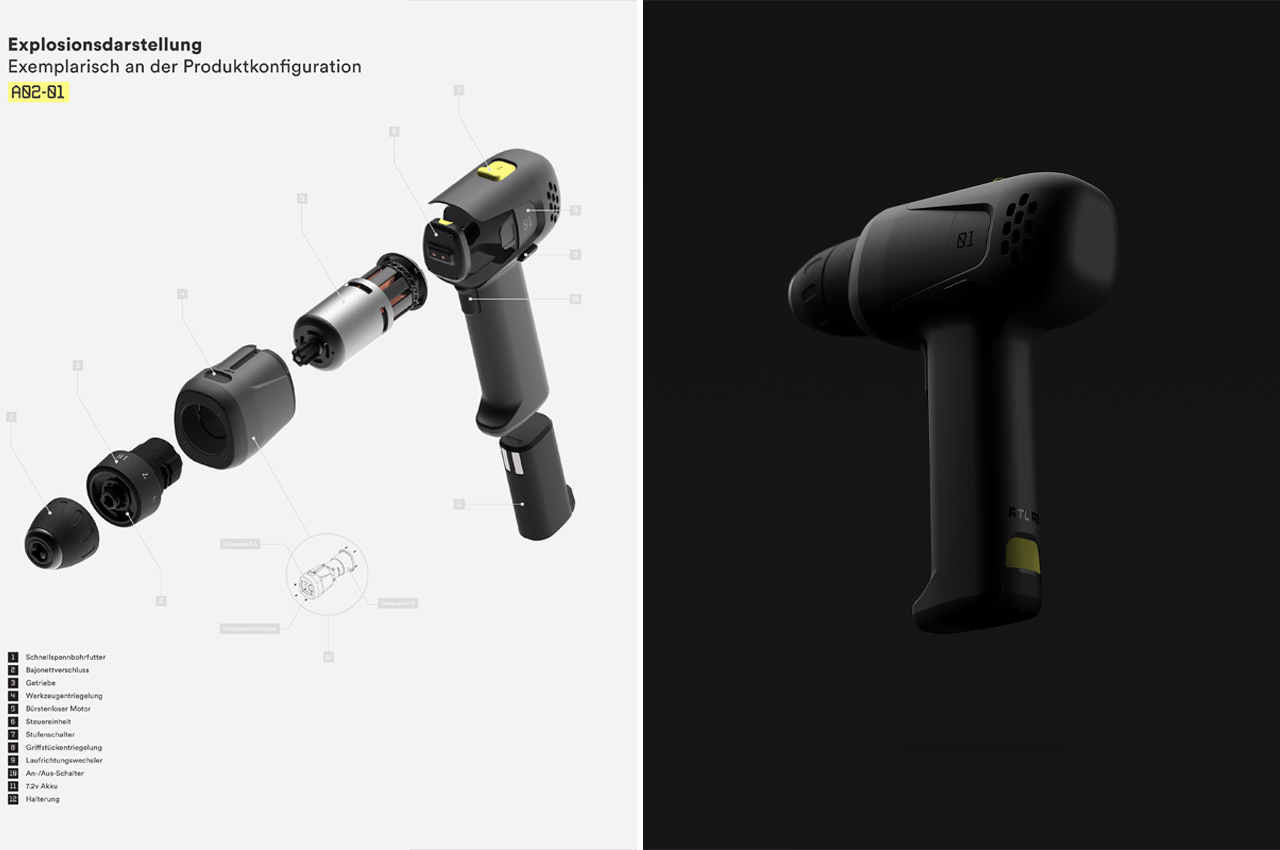
Atlas is comprised of several different modules, each of which carries its own function and form. Starting out with the handlebar, users can switch out different power tool heads to finish different tasks.
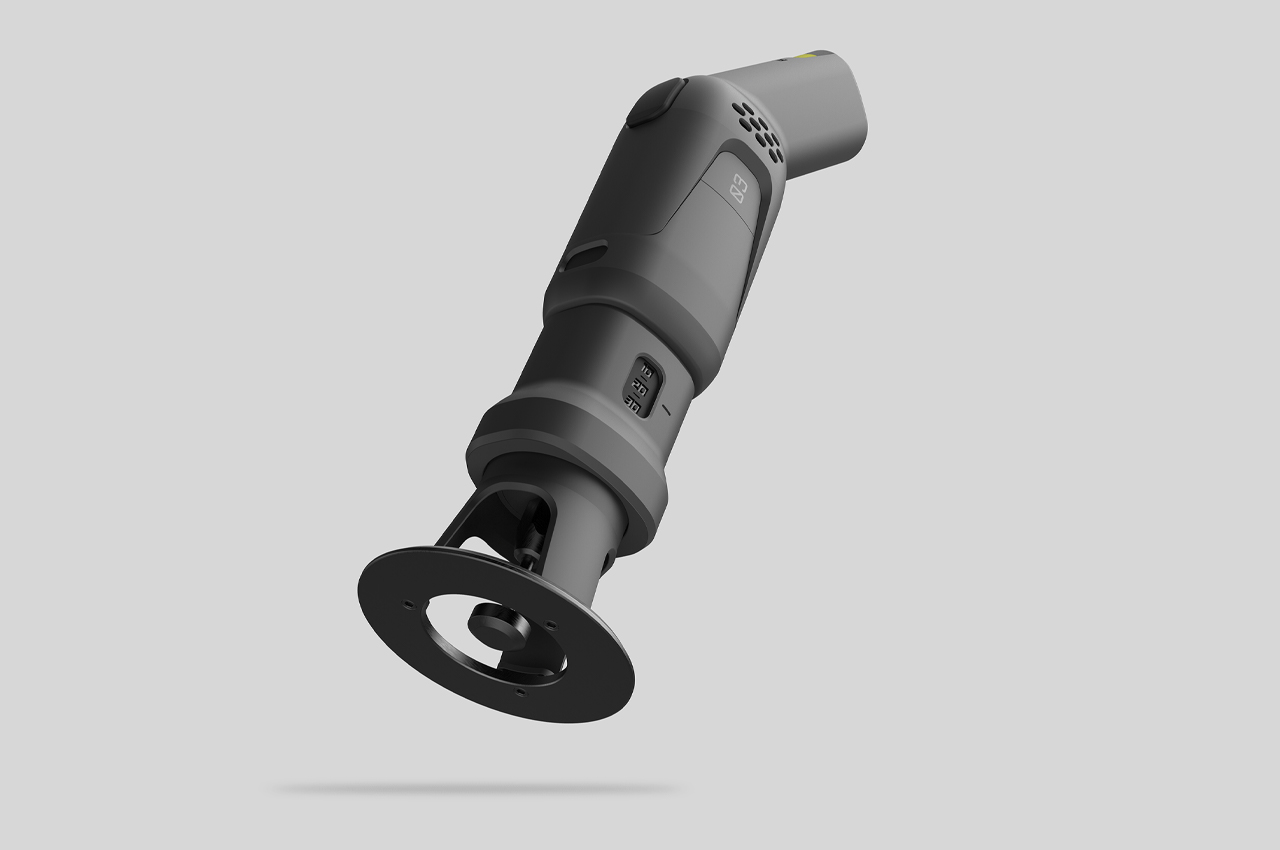
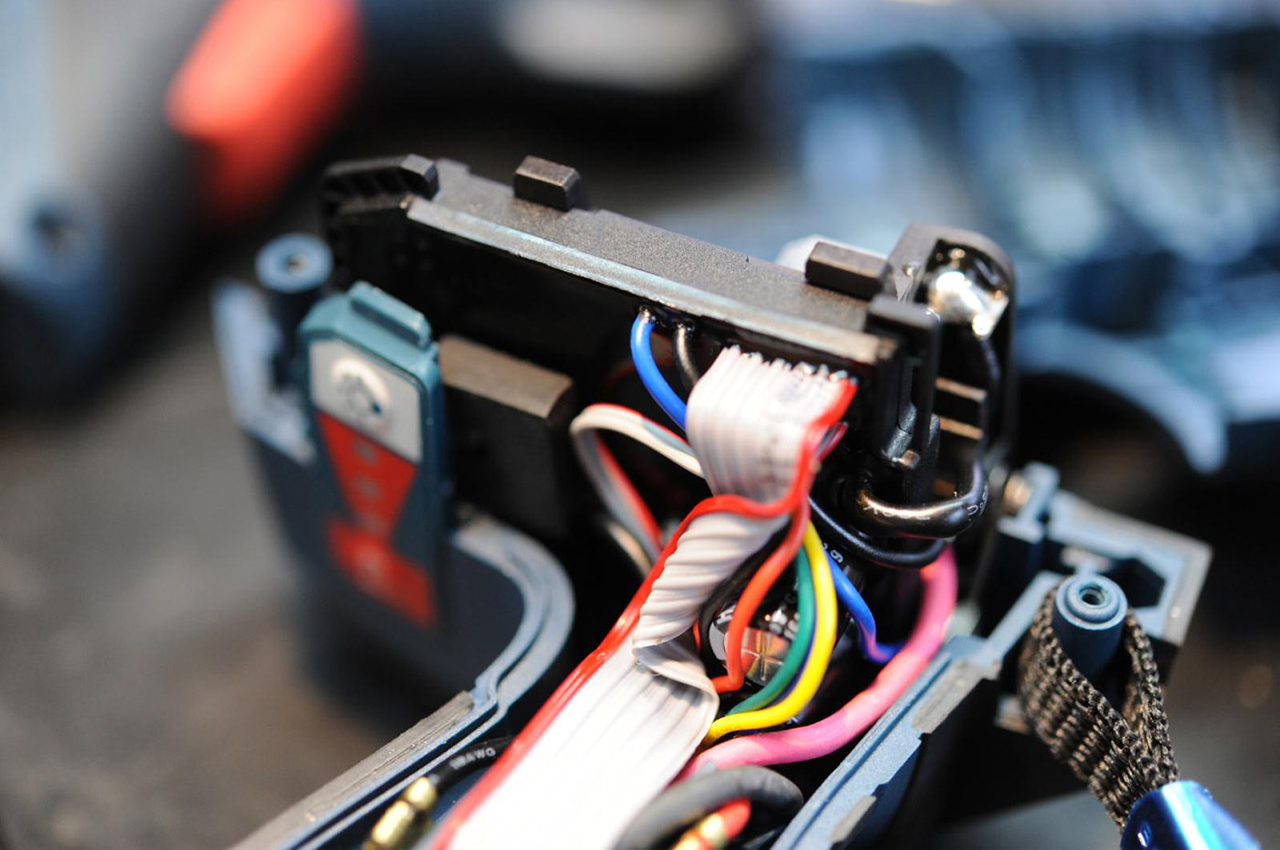
“The modular product structure offers the user a highly individualized product system that represents the specific needs of a wide range of applications in the private and professional sectors,” Wilden goes on to describe, “At the same time the focus is on configuration, adaptability, and reparability of product and components.”
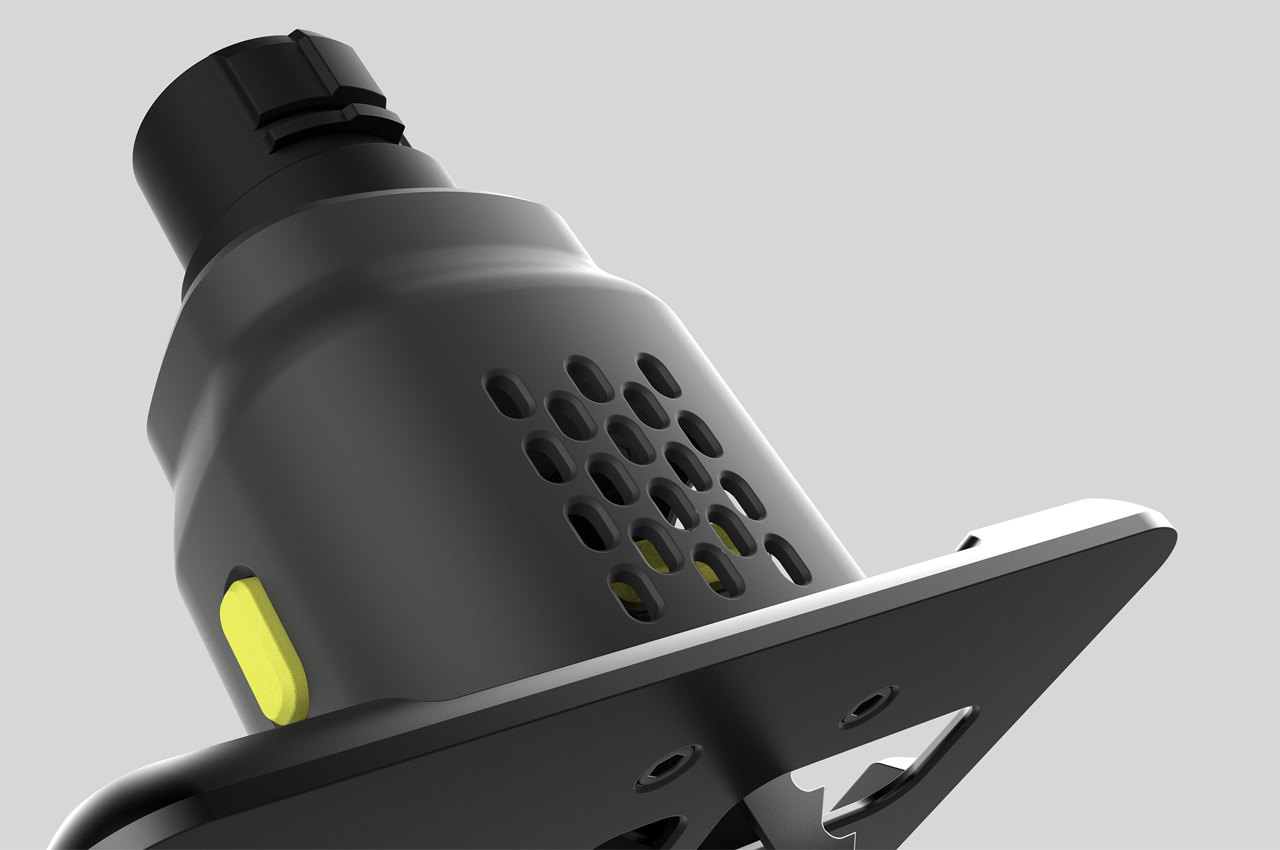
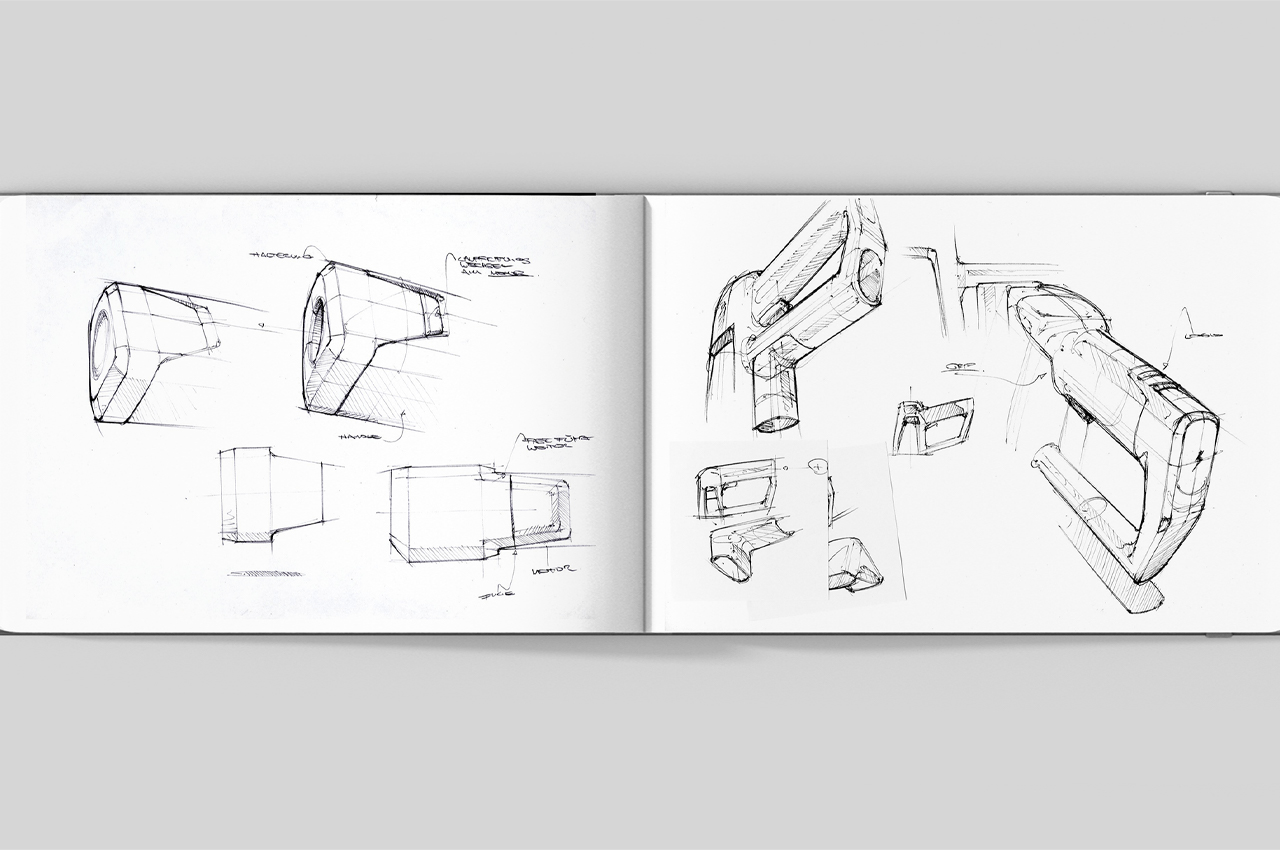
Different parameters restrict the ways we interact with power tools–“different use cases, various levels of knowledge, competence, and usage, body specifications” are among the many parameters that keep us from confidently applying power tools to different tasks. Atlas is designed to be an interchangeable power tool that anybody can use, with any level of experience.
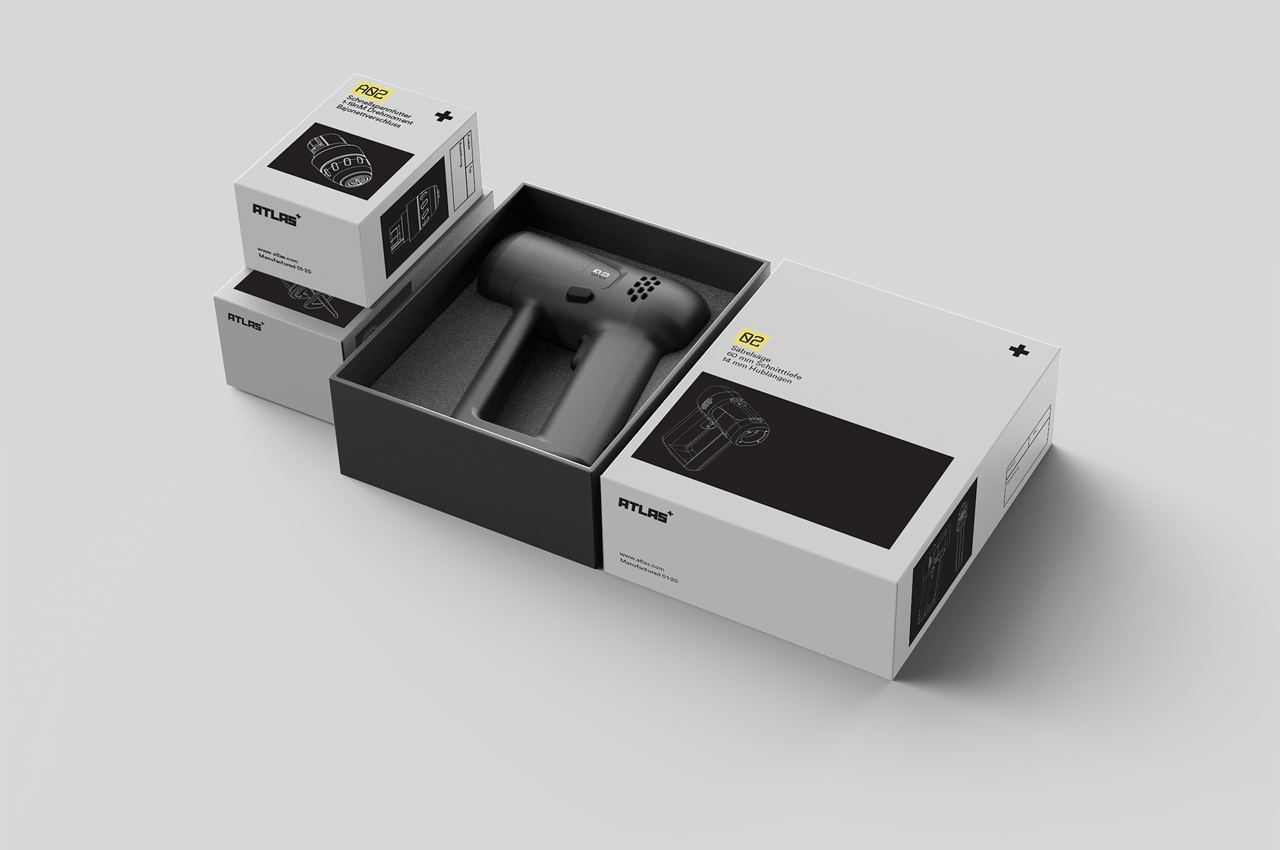
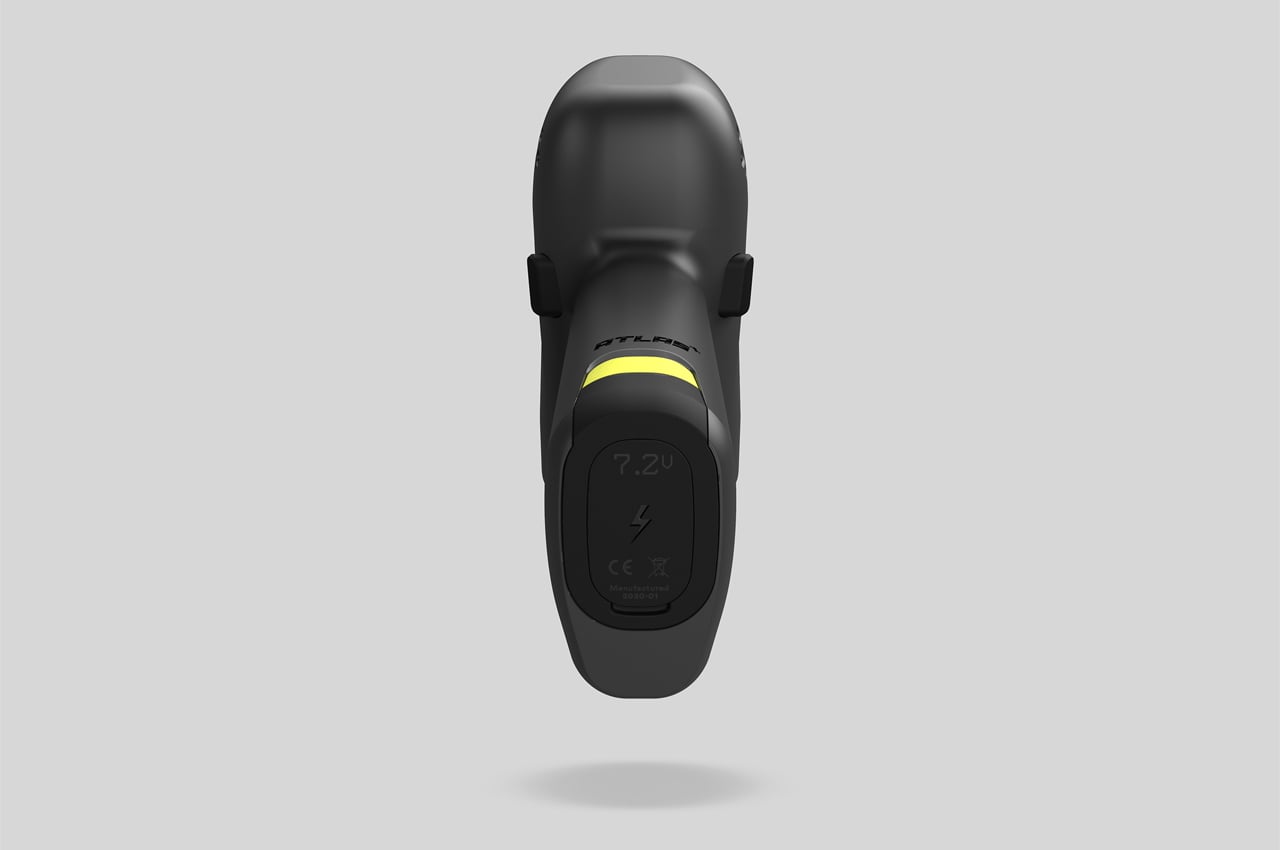
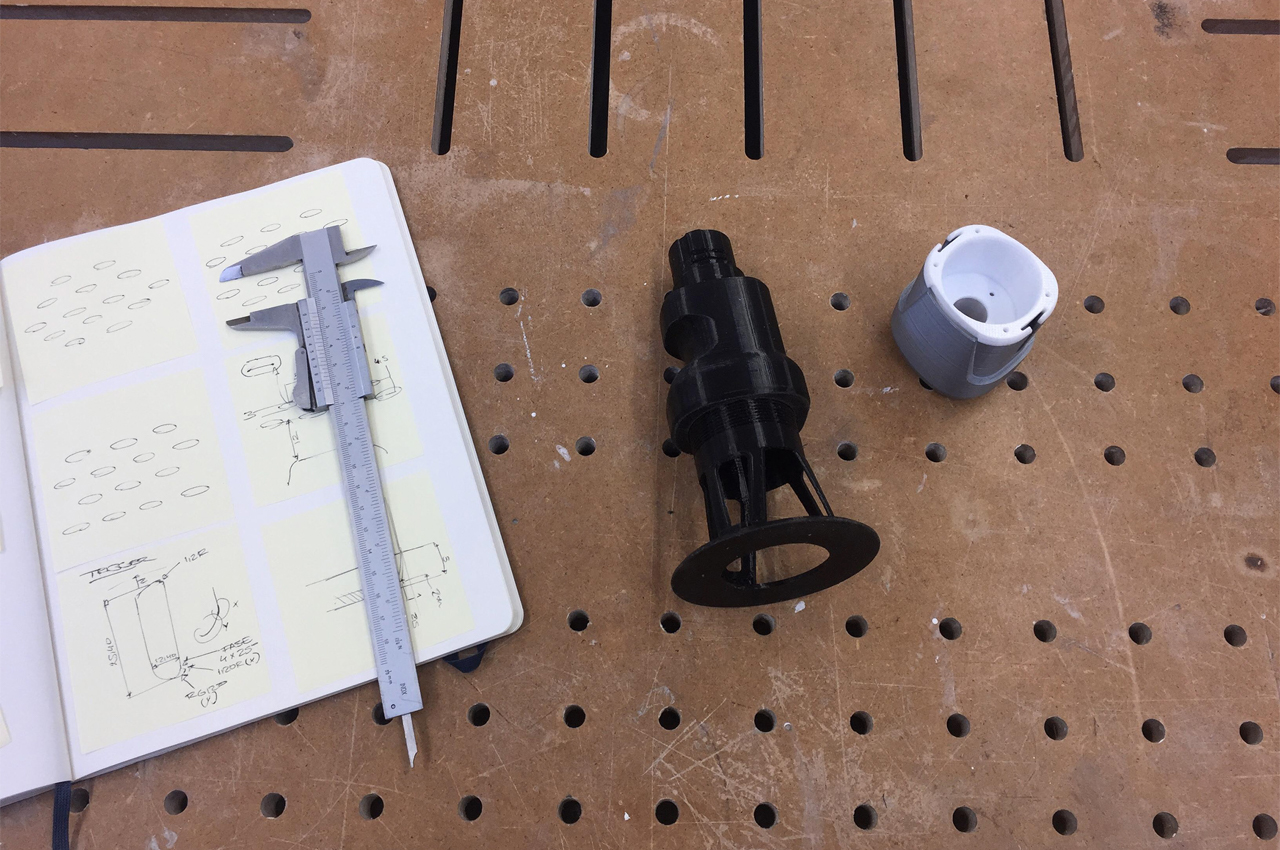
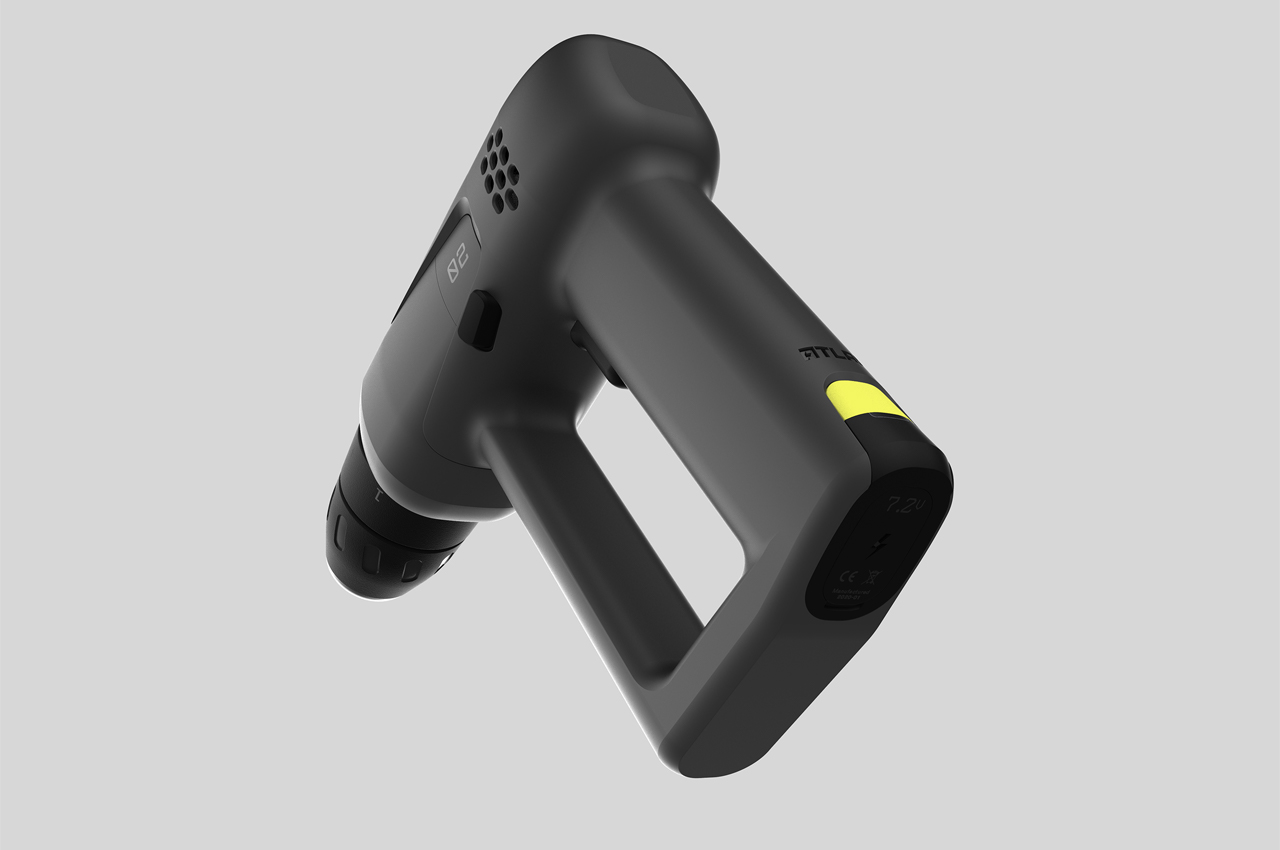

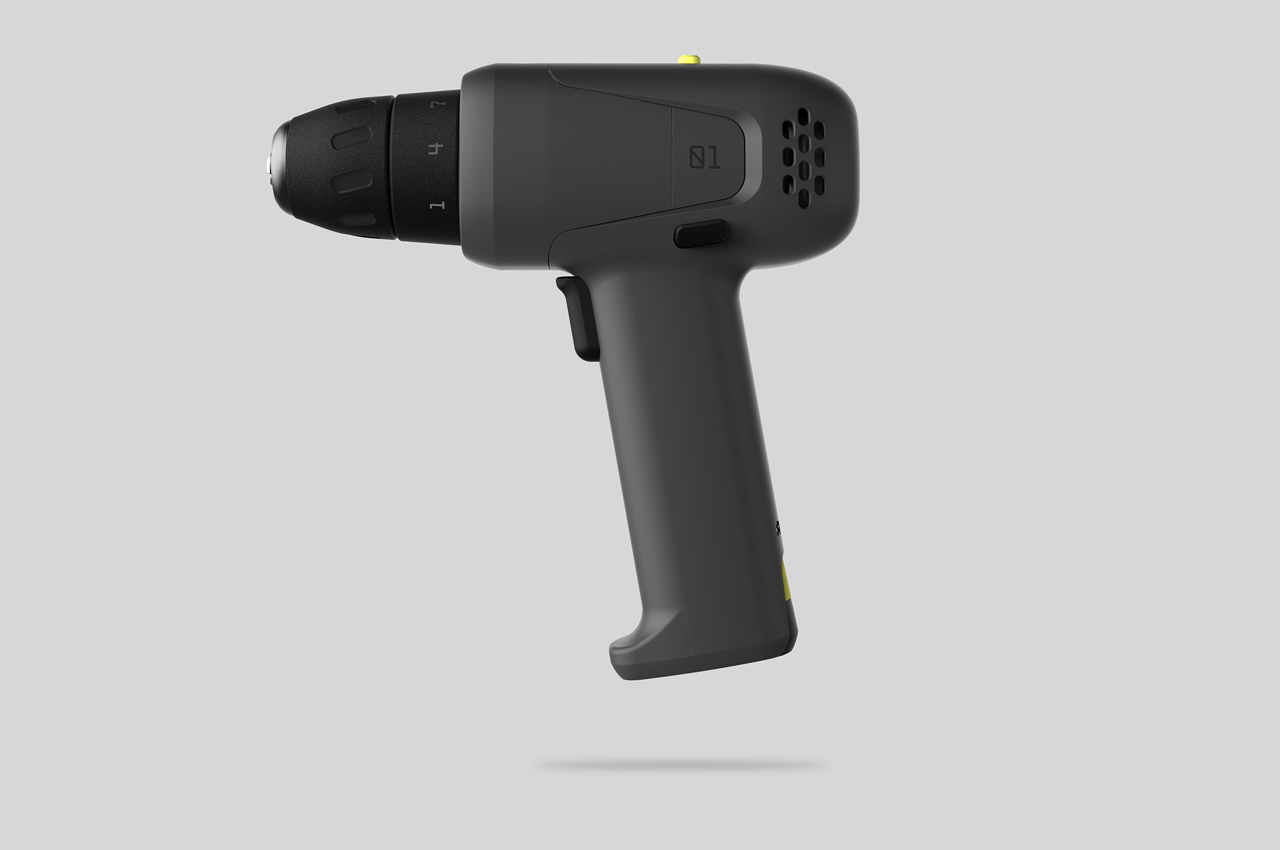
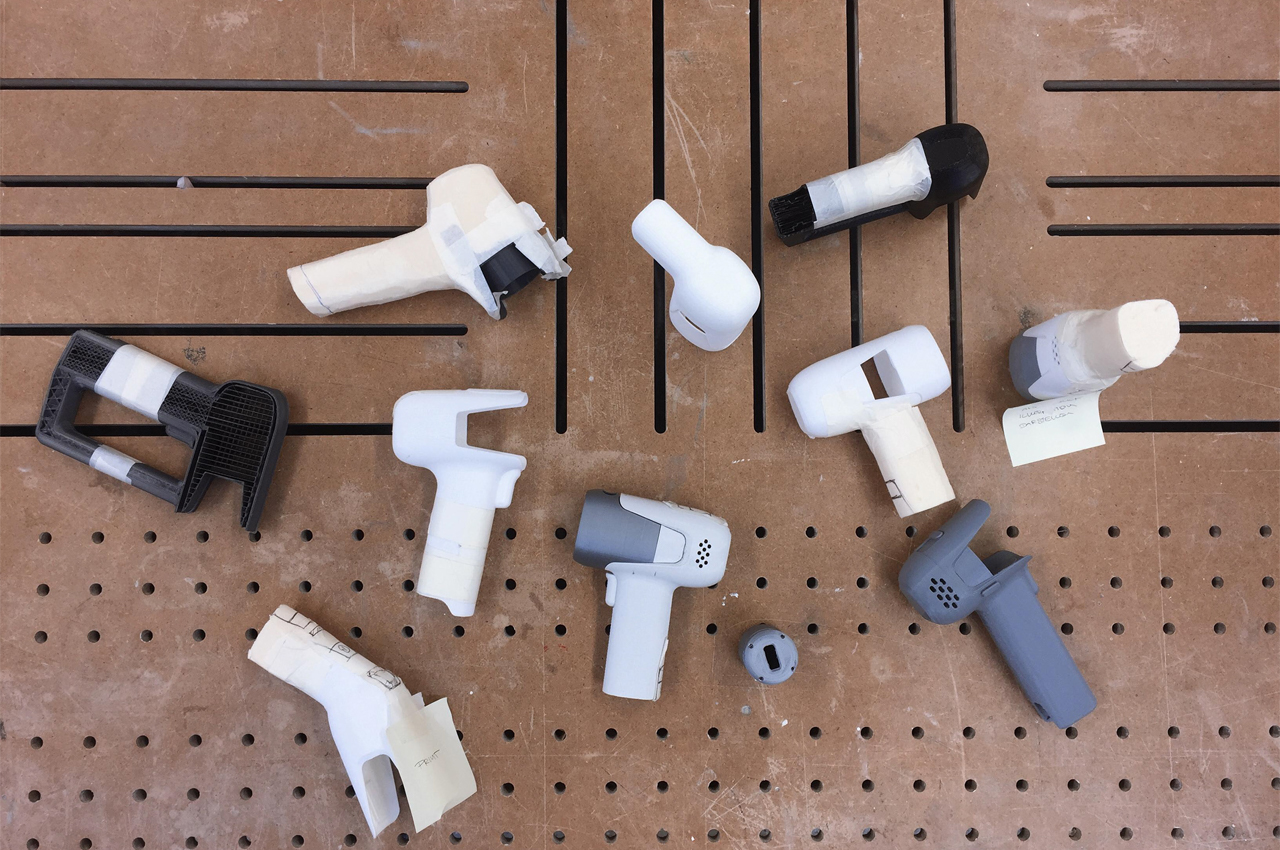
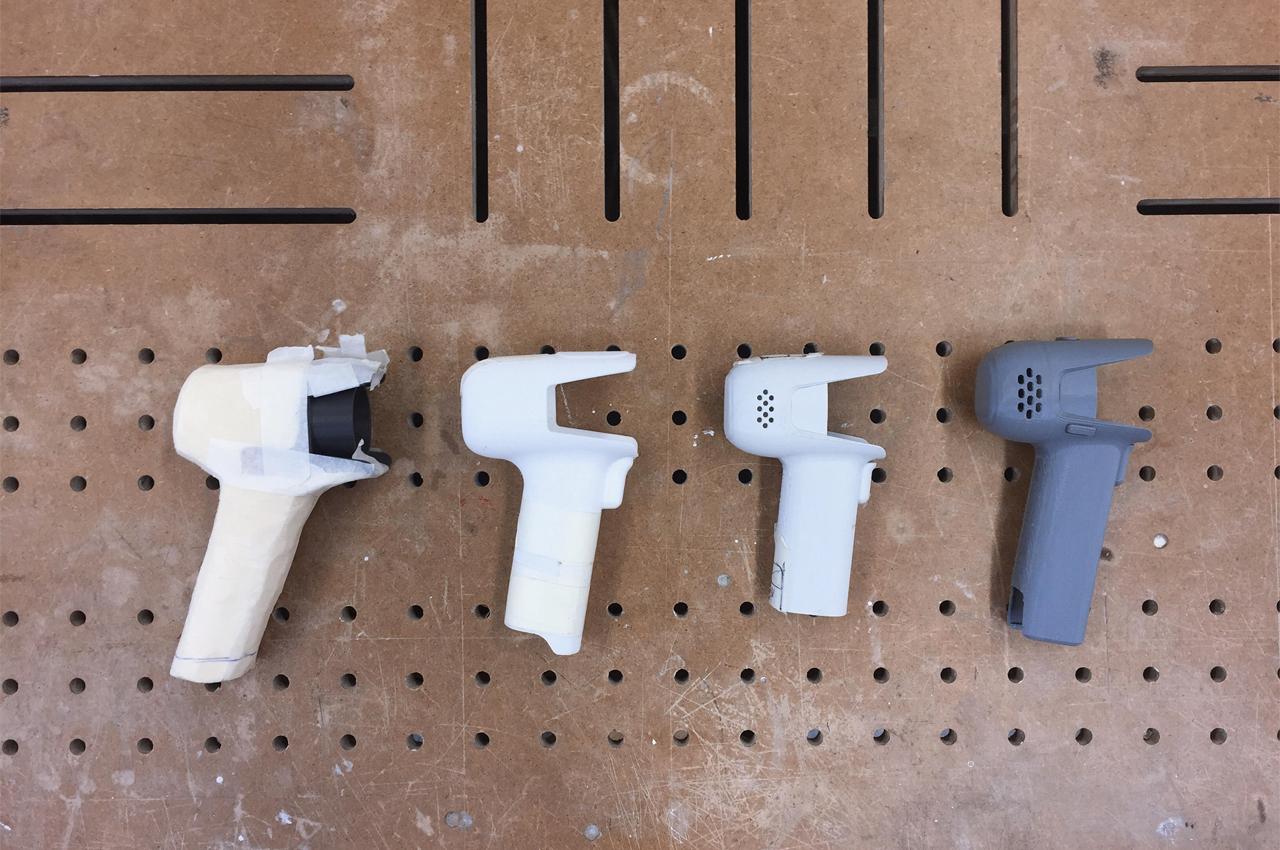
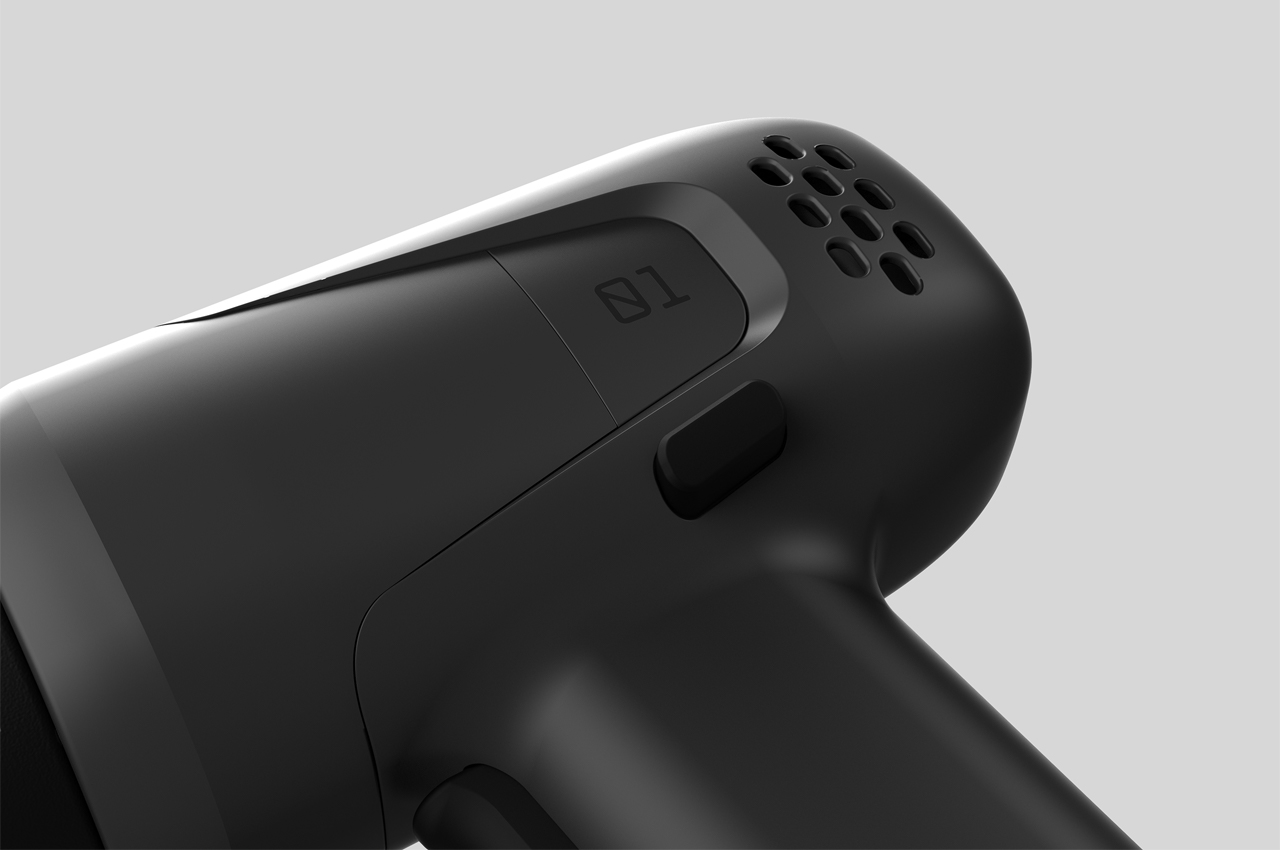

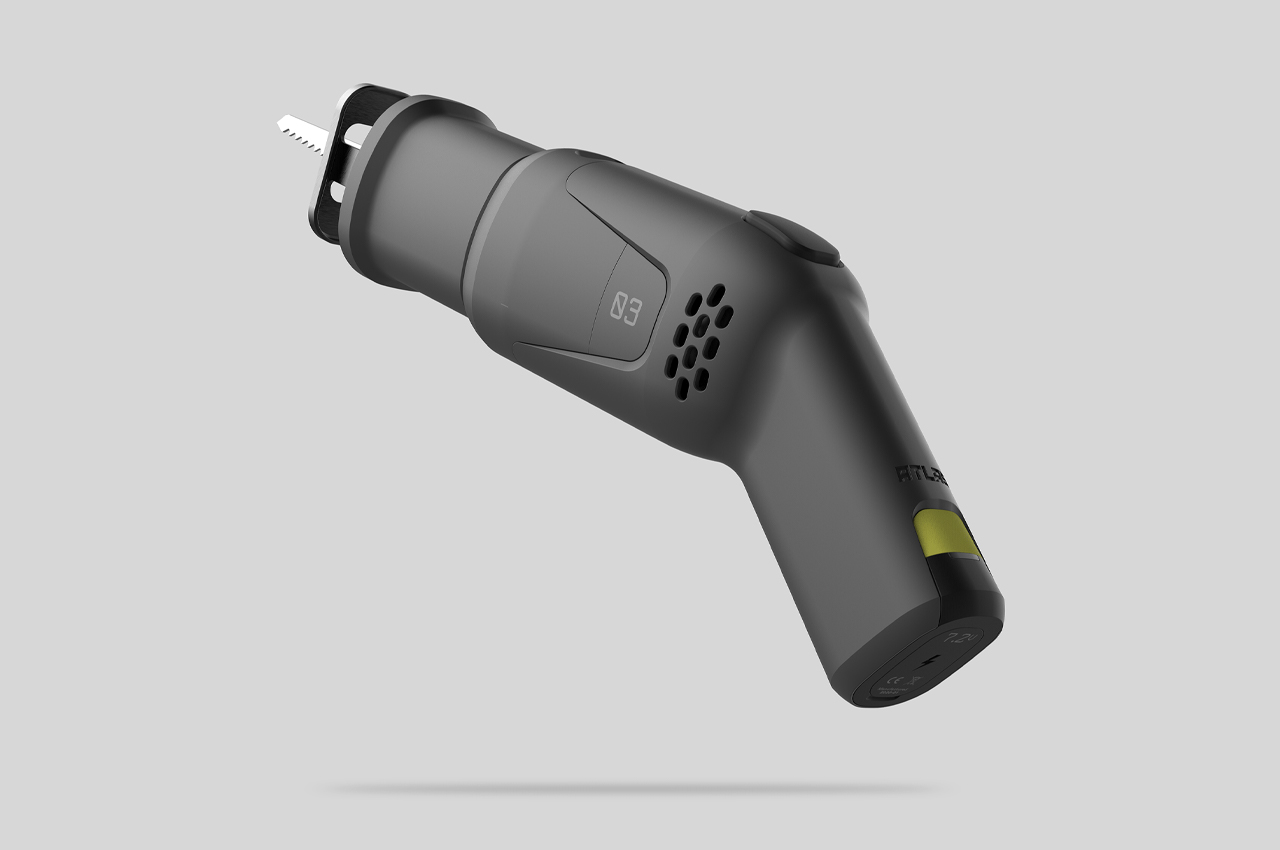
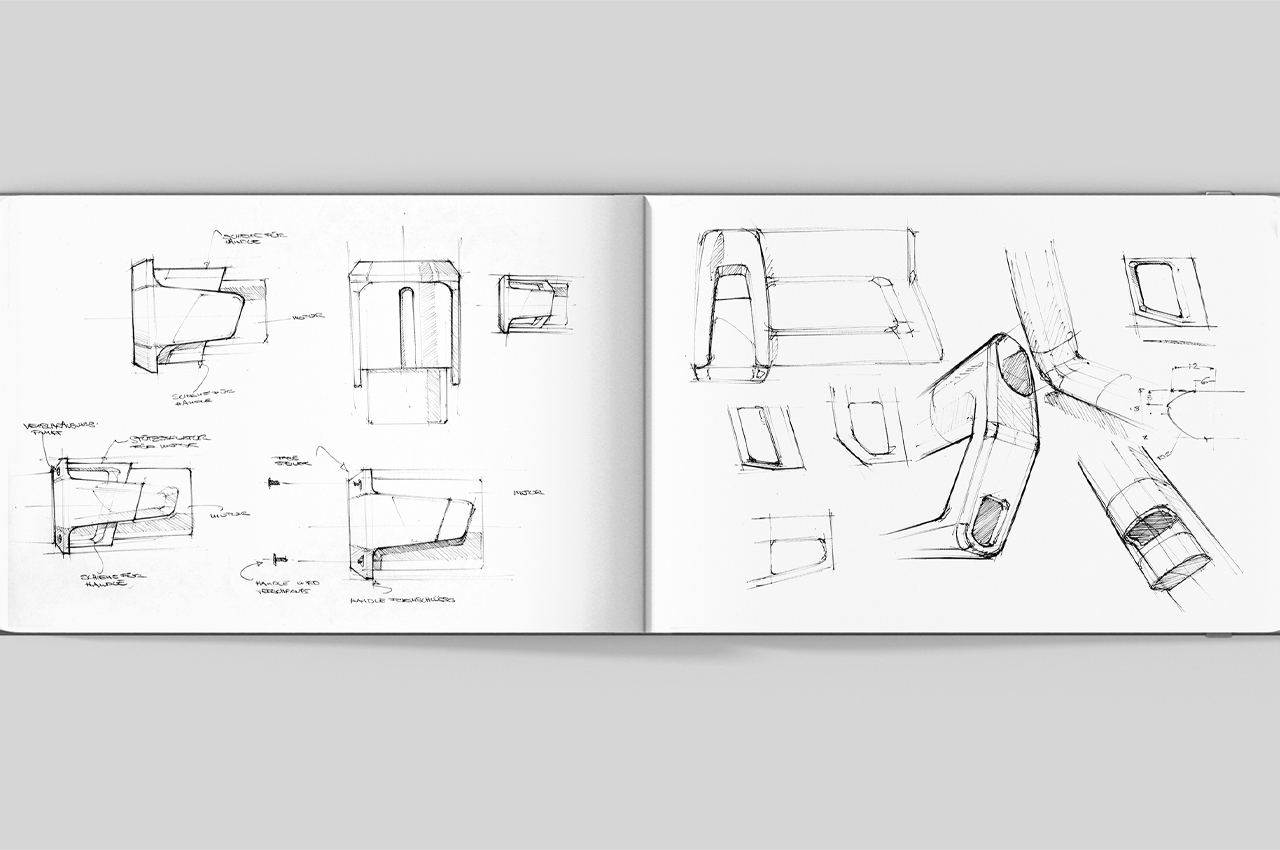
The post This modular power tool system is user-centered to adapt to changing needs first appeared on Yanko Design.
